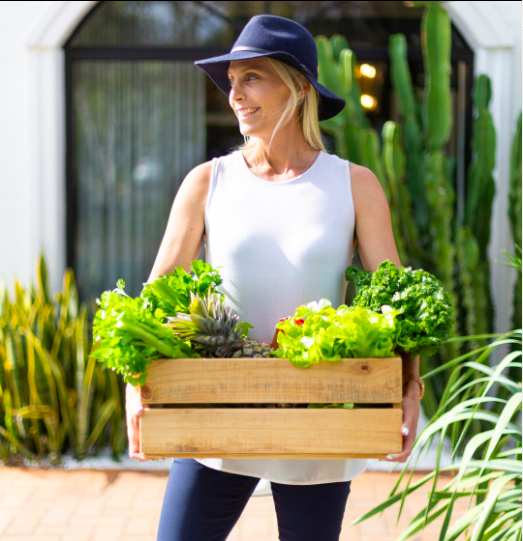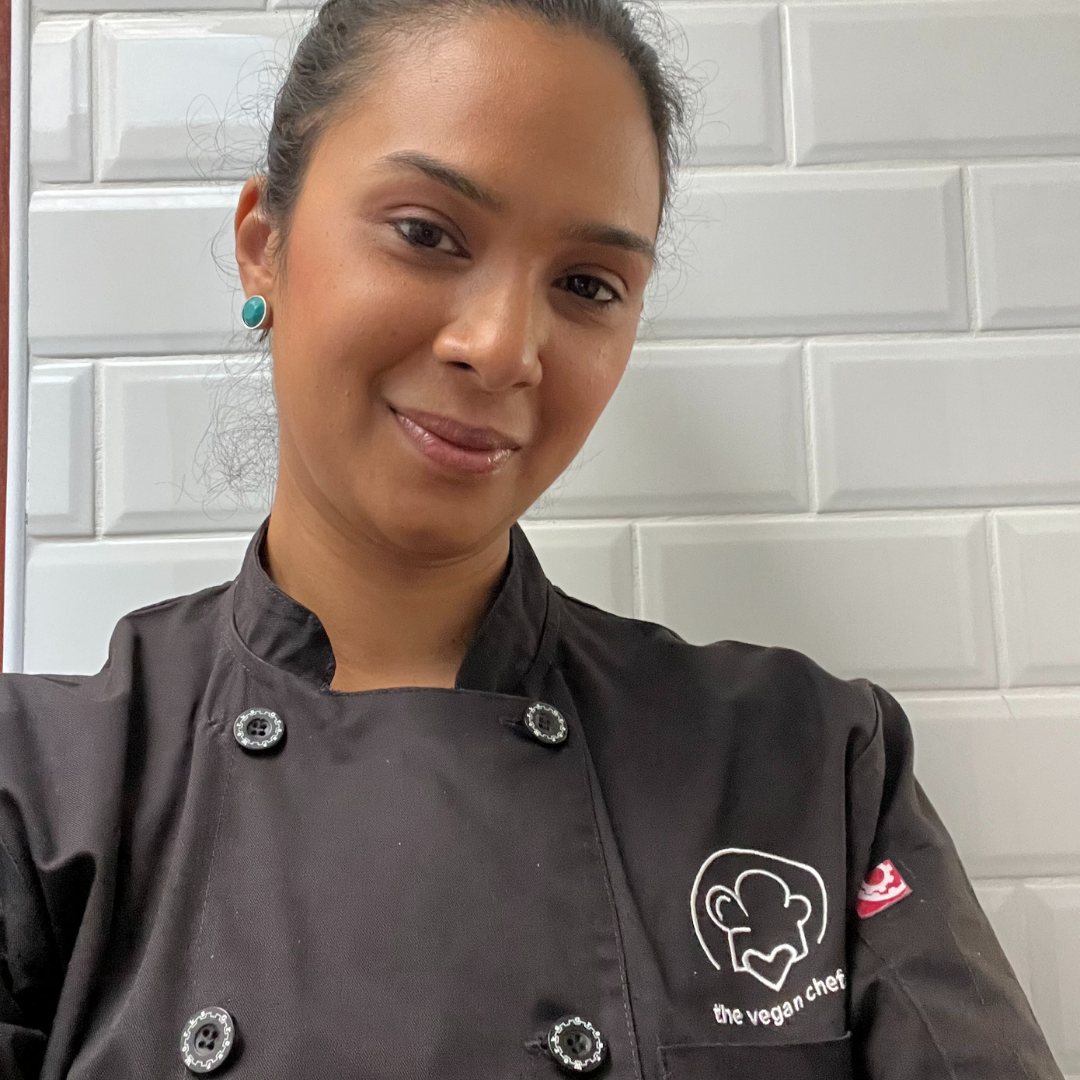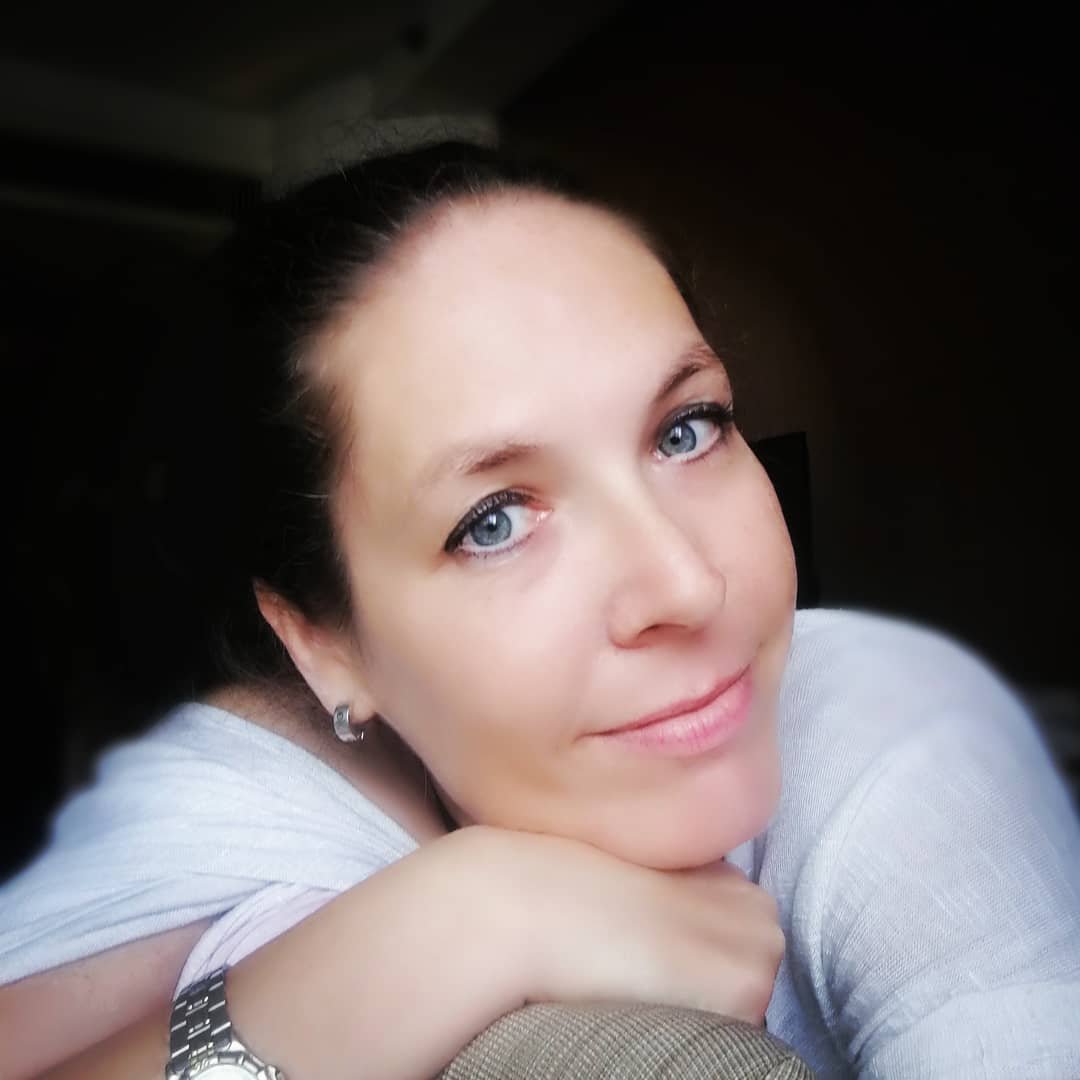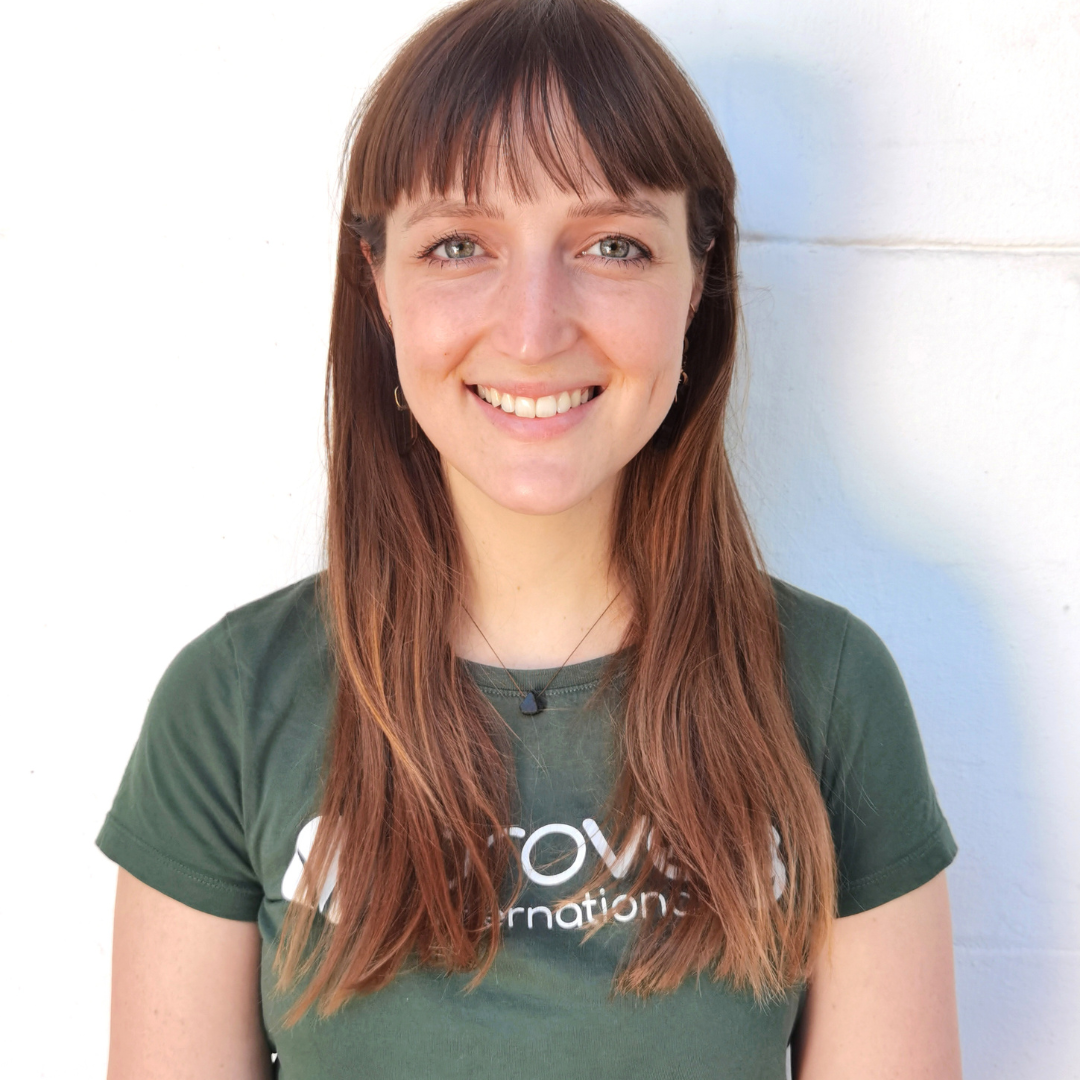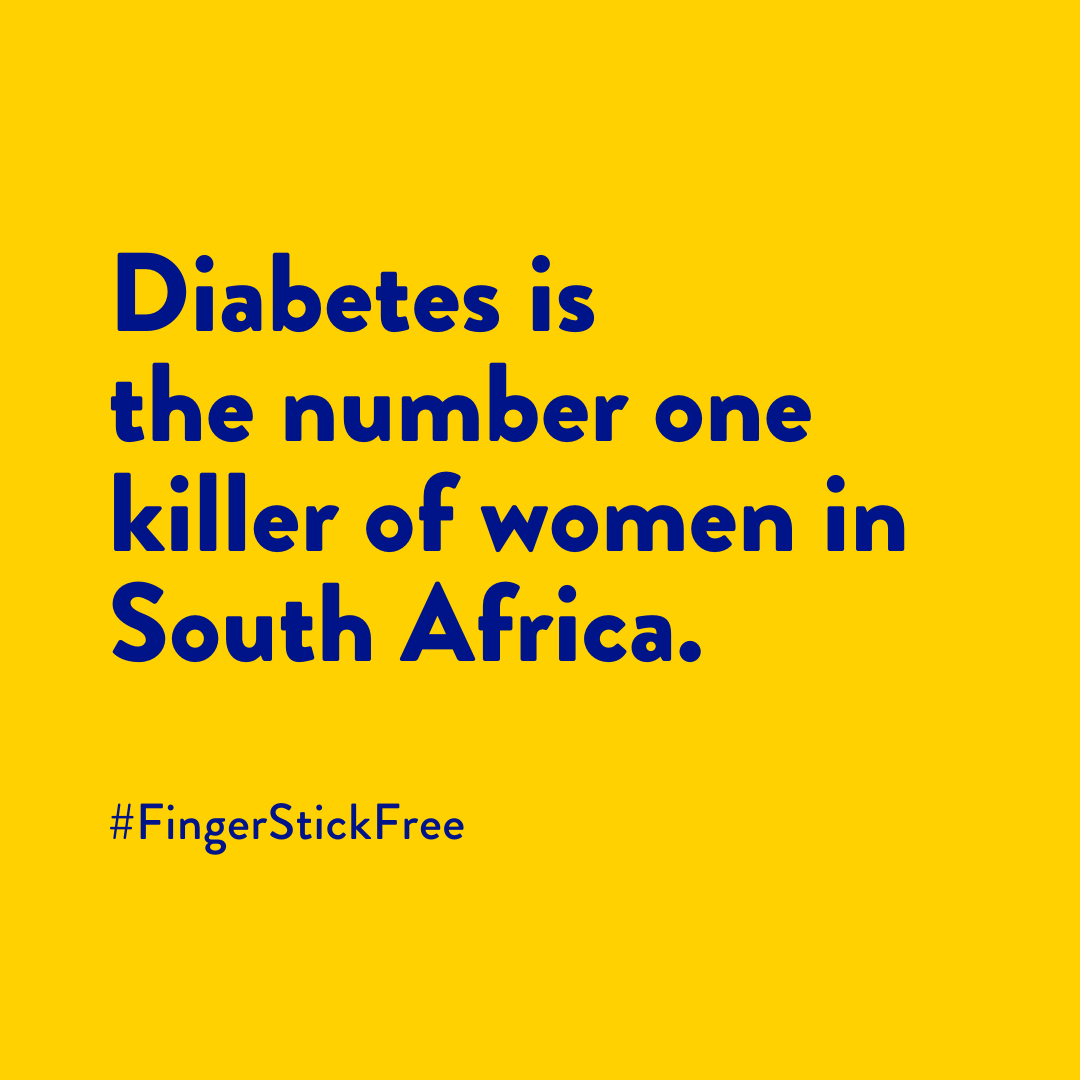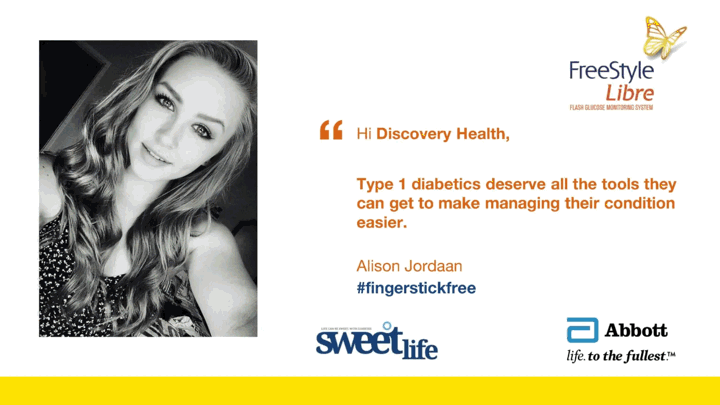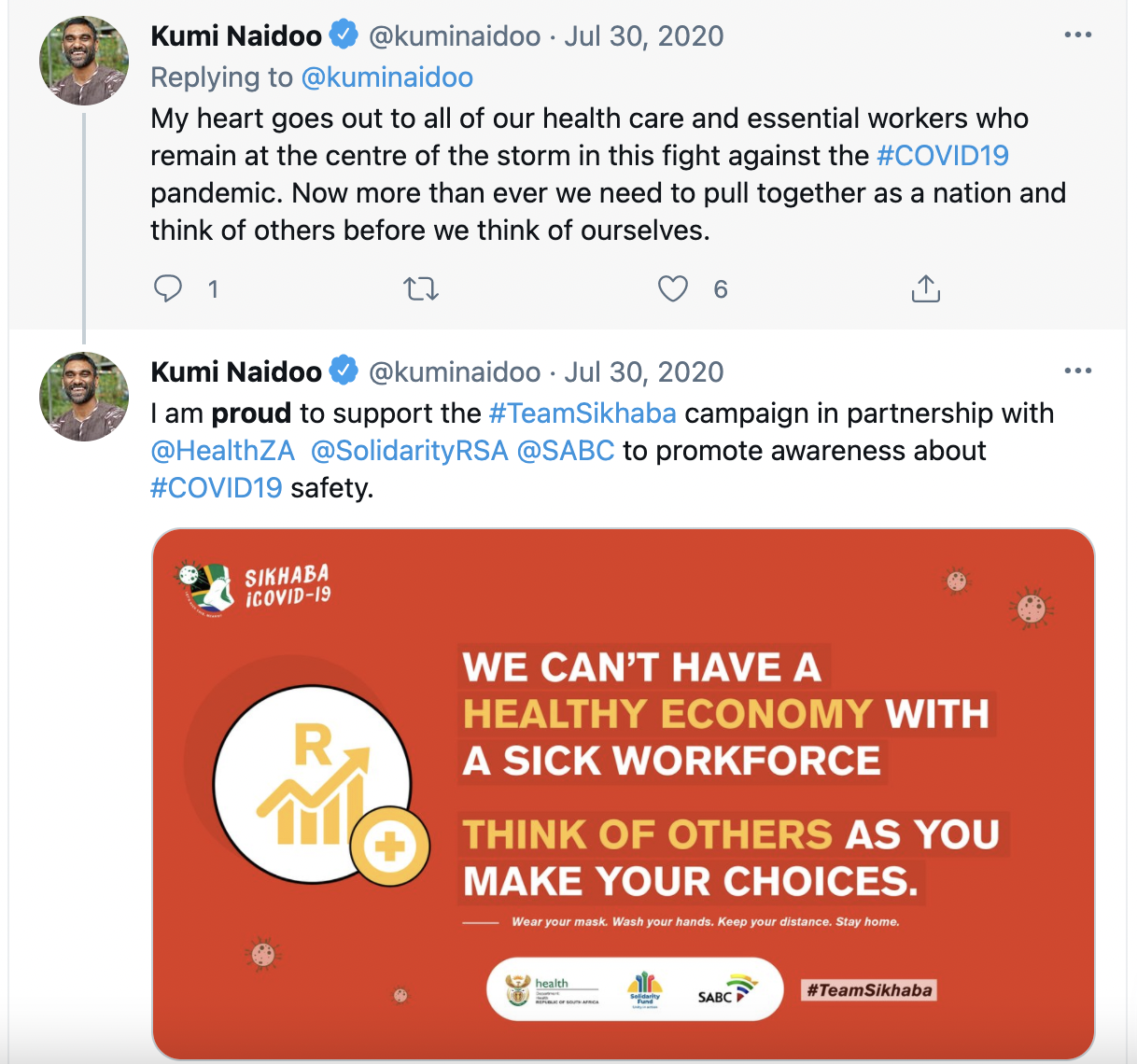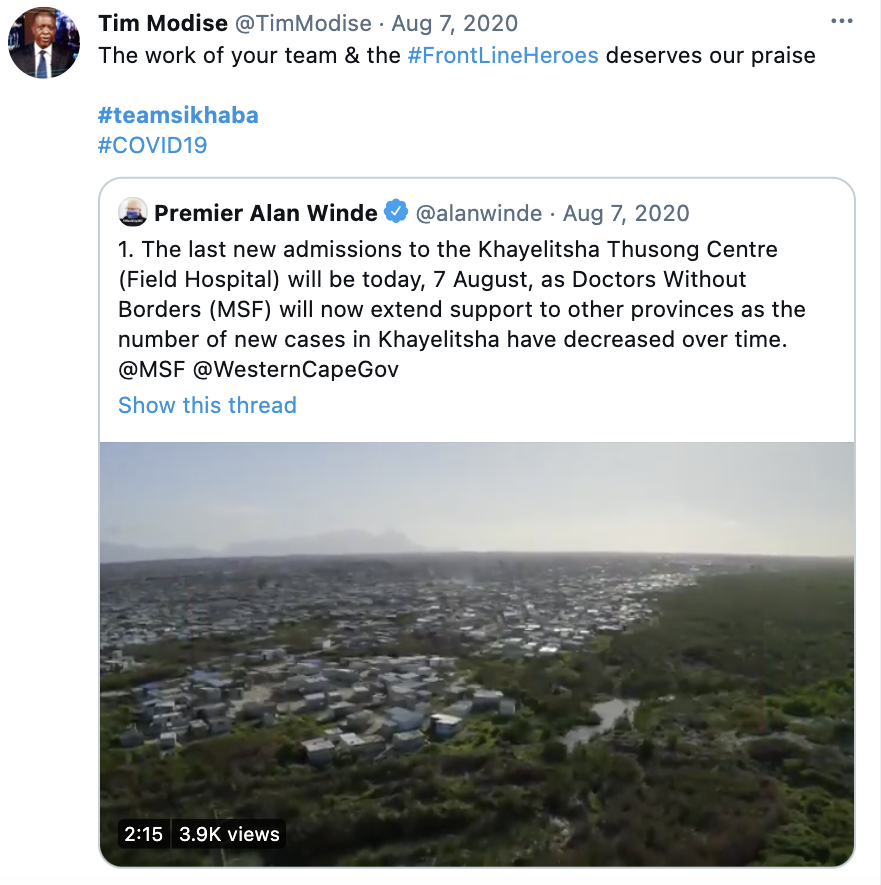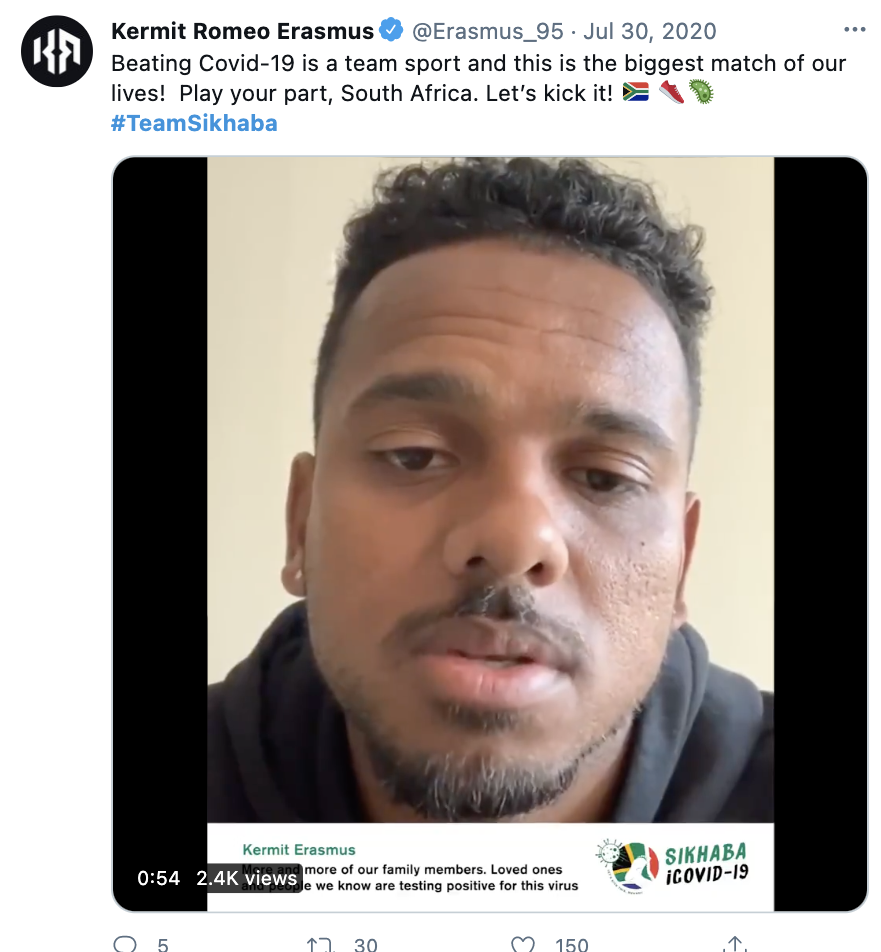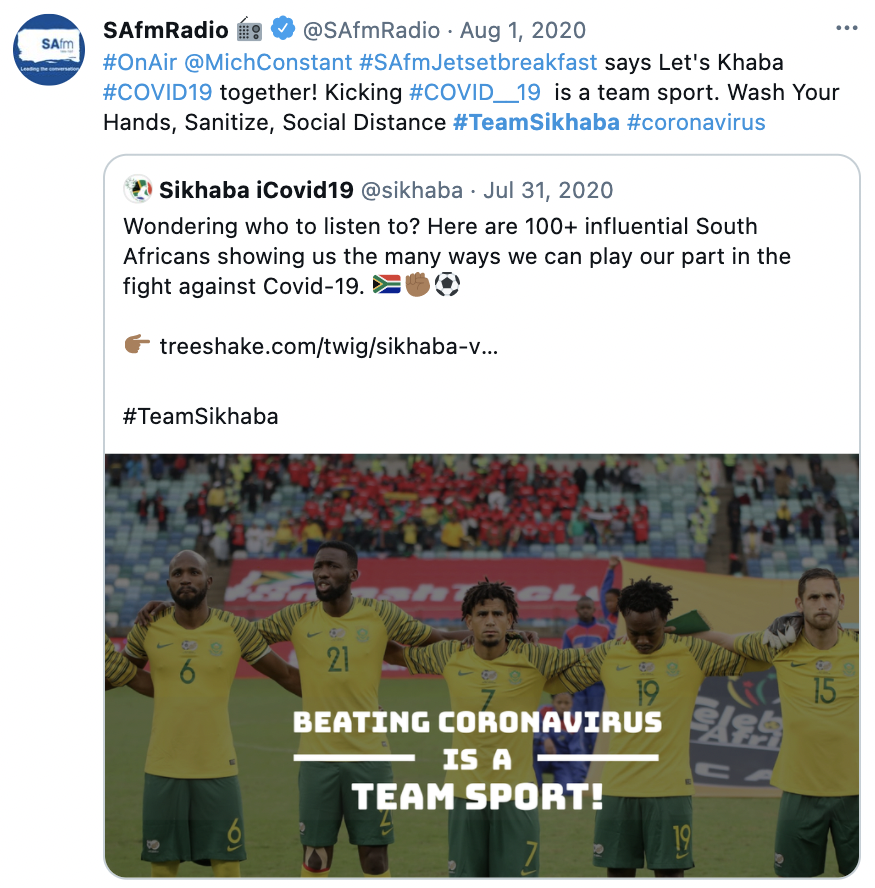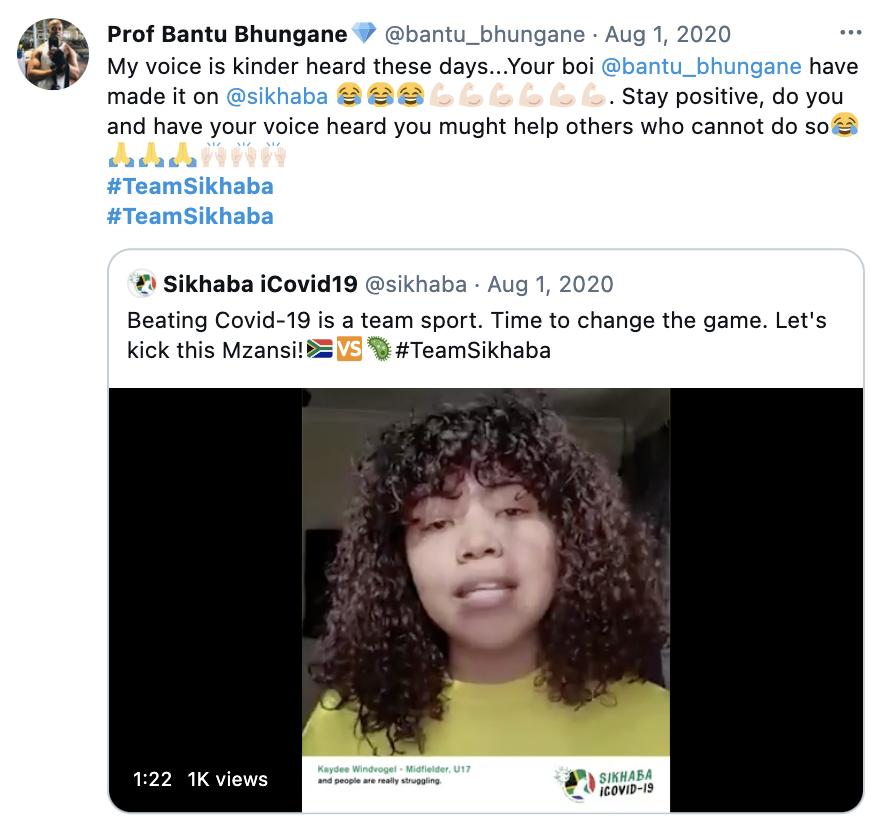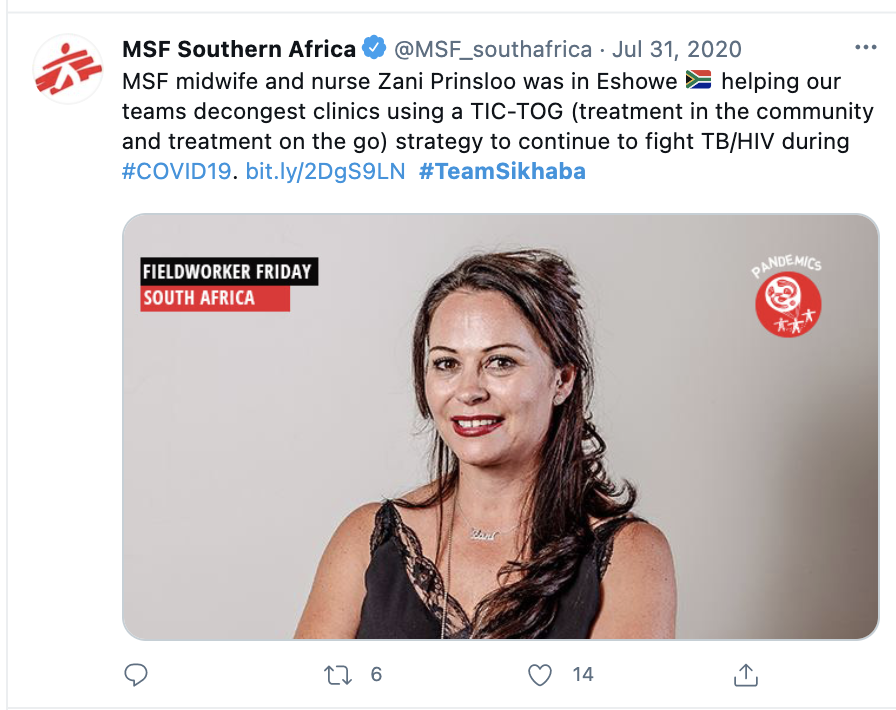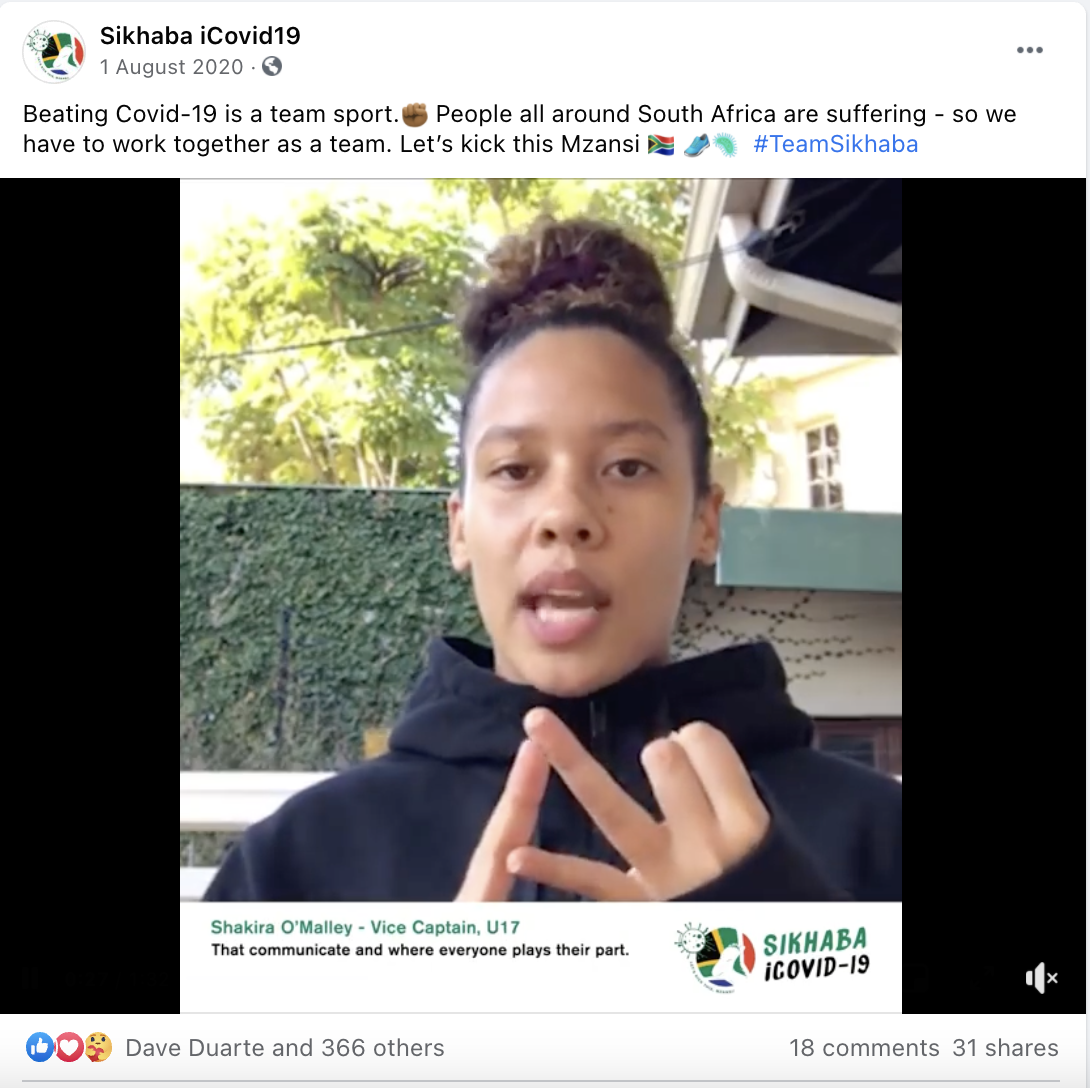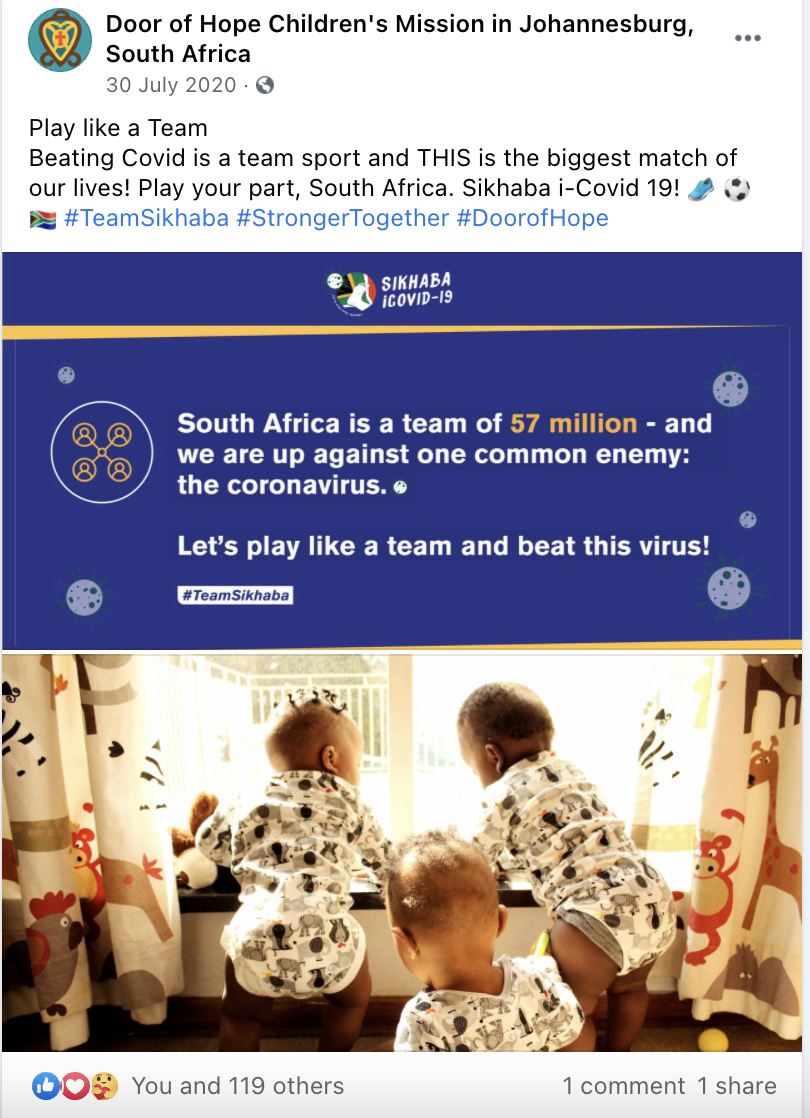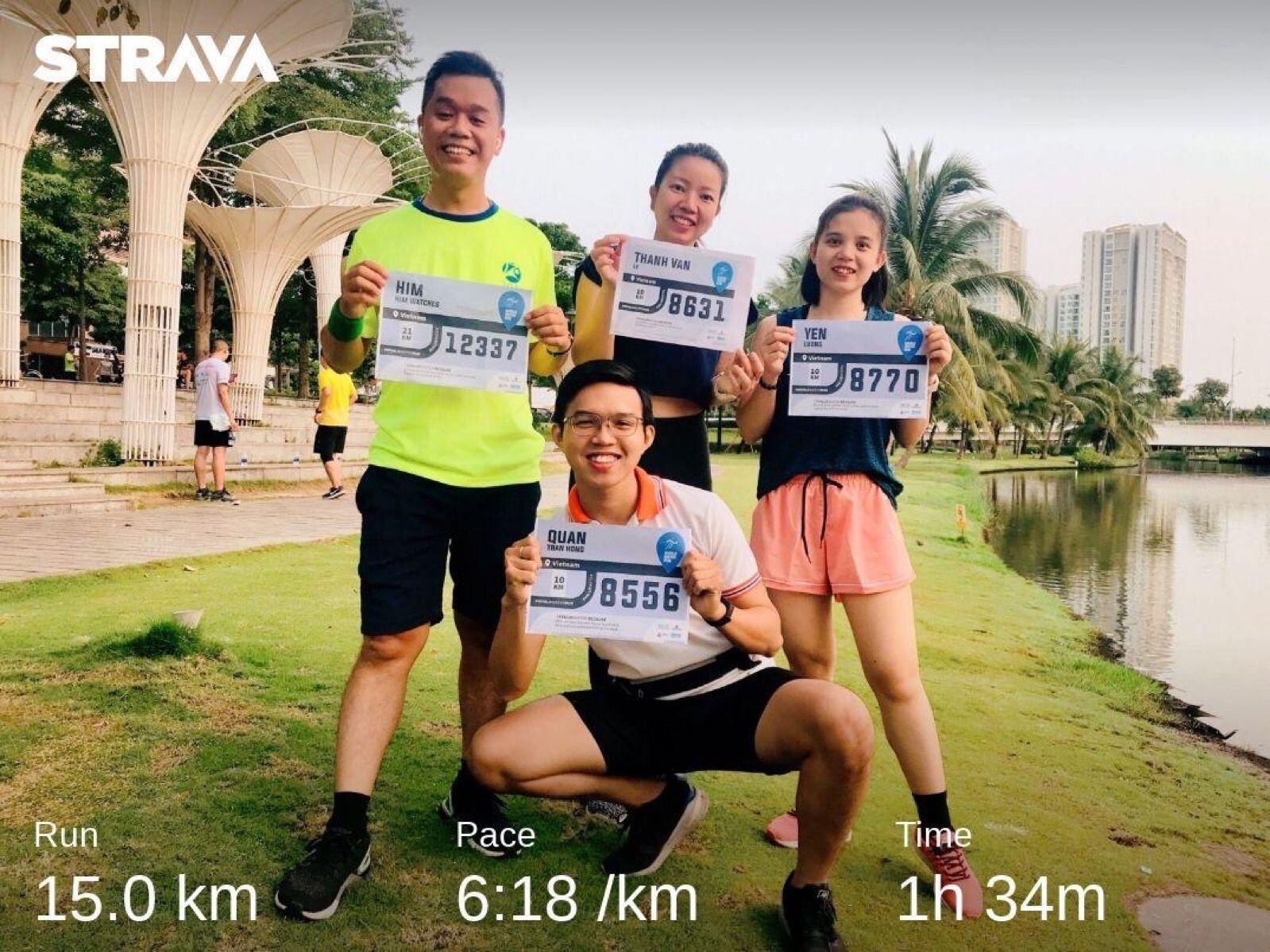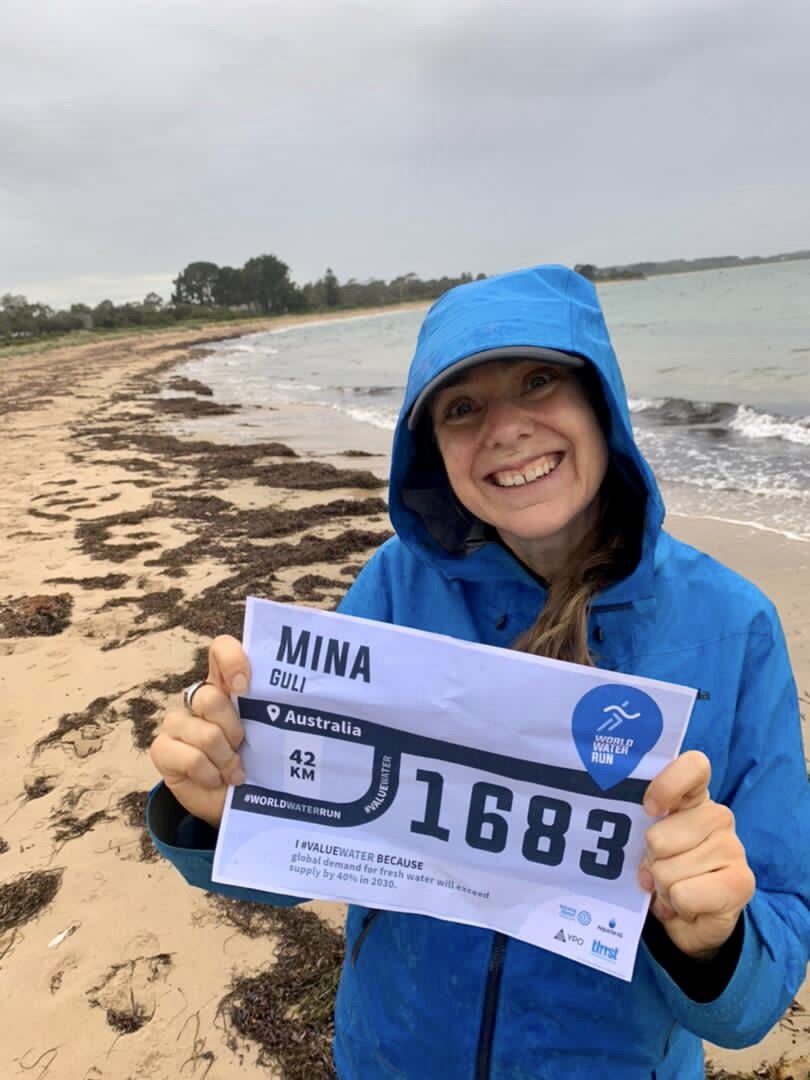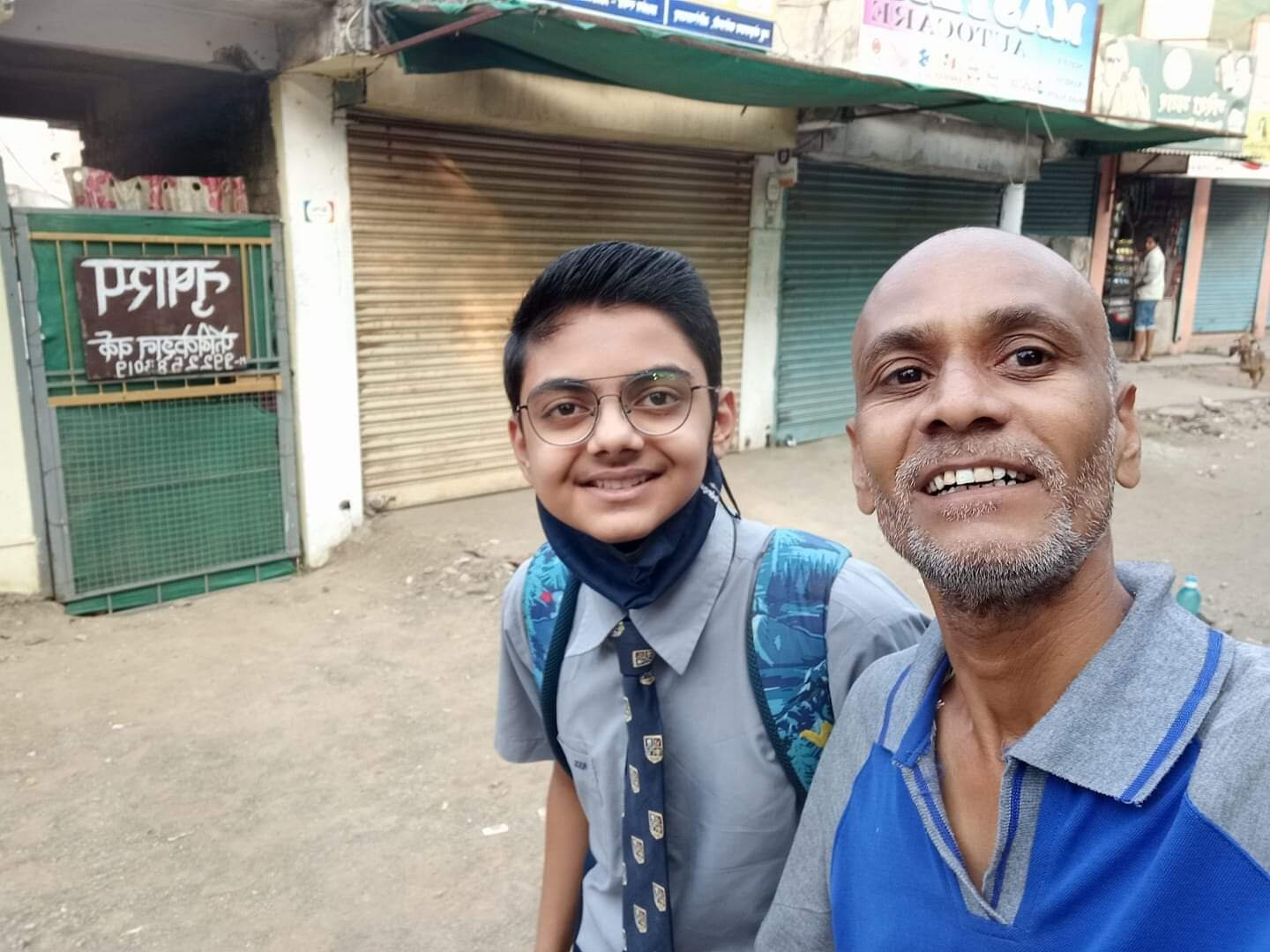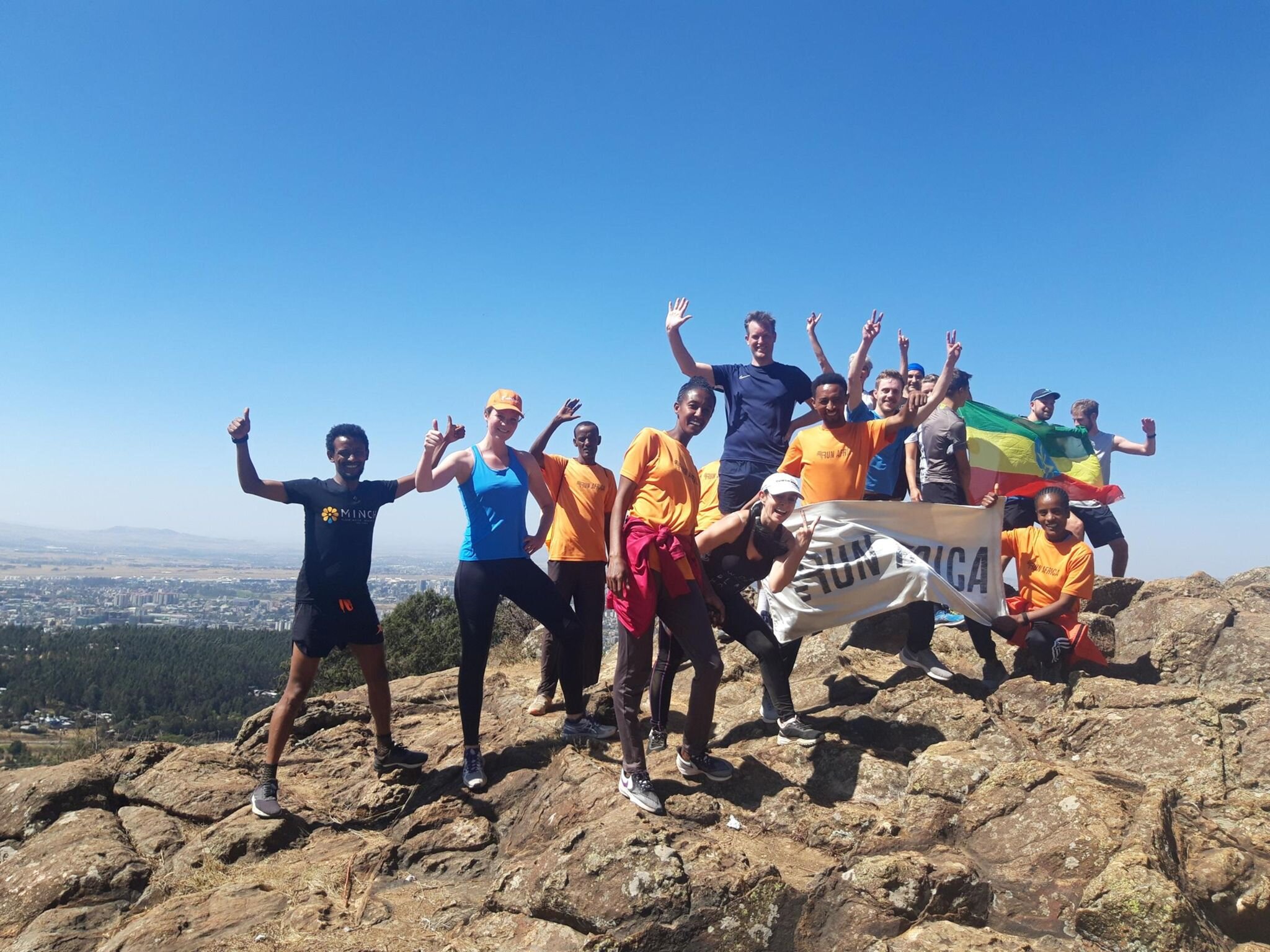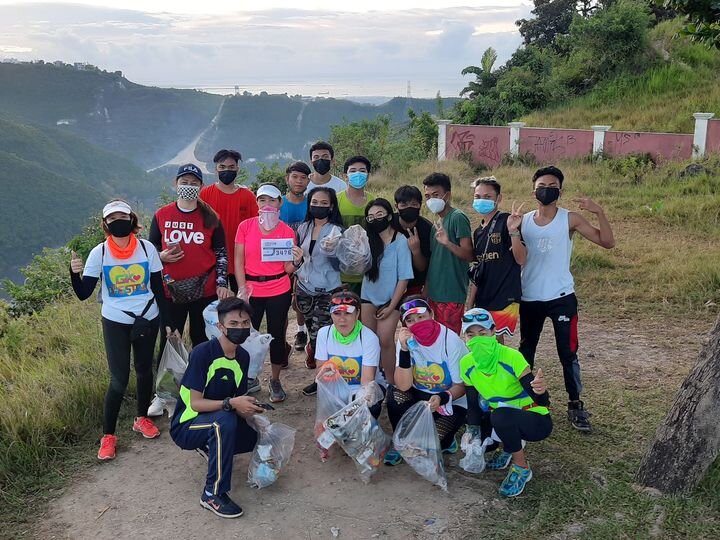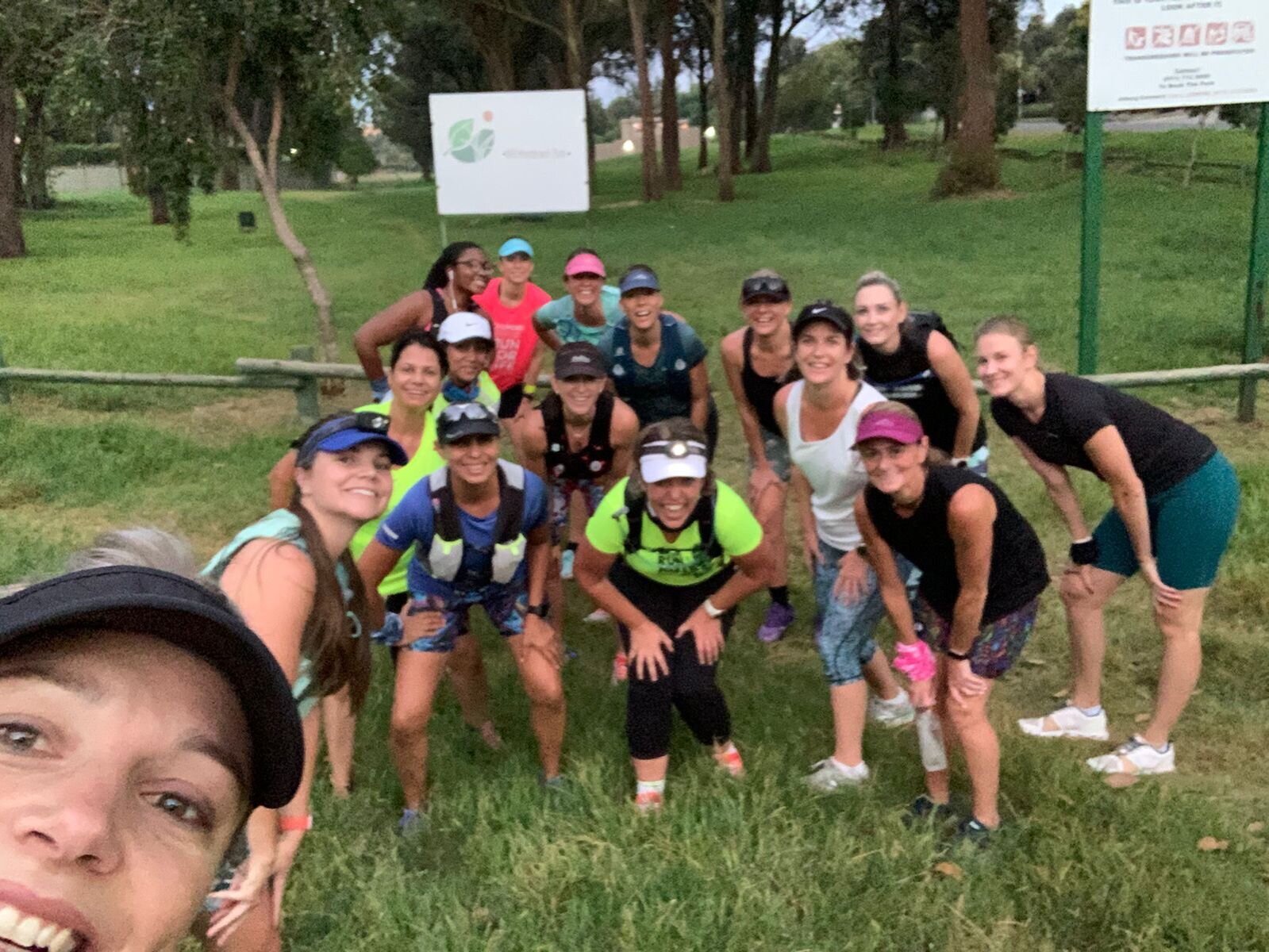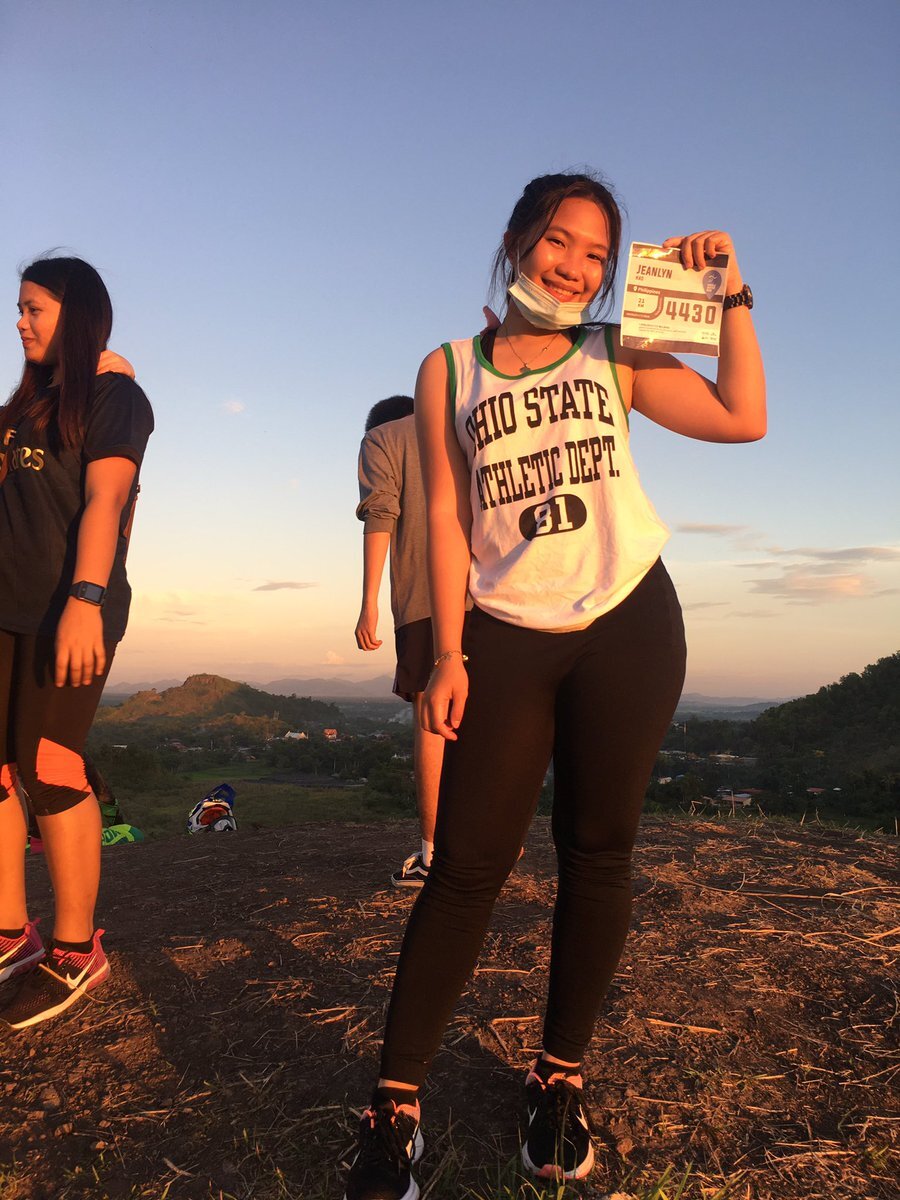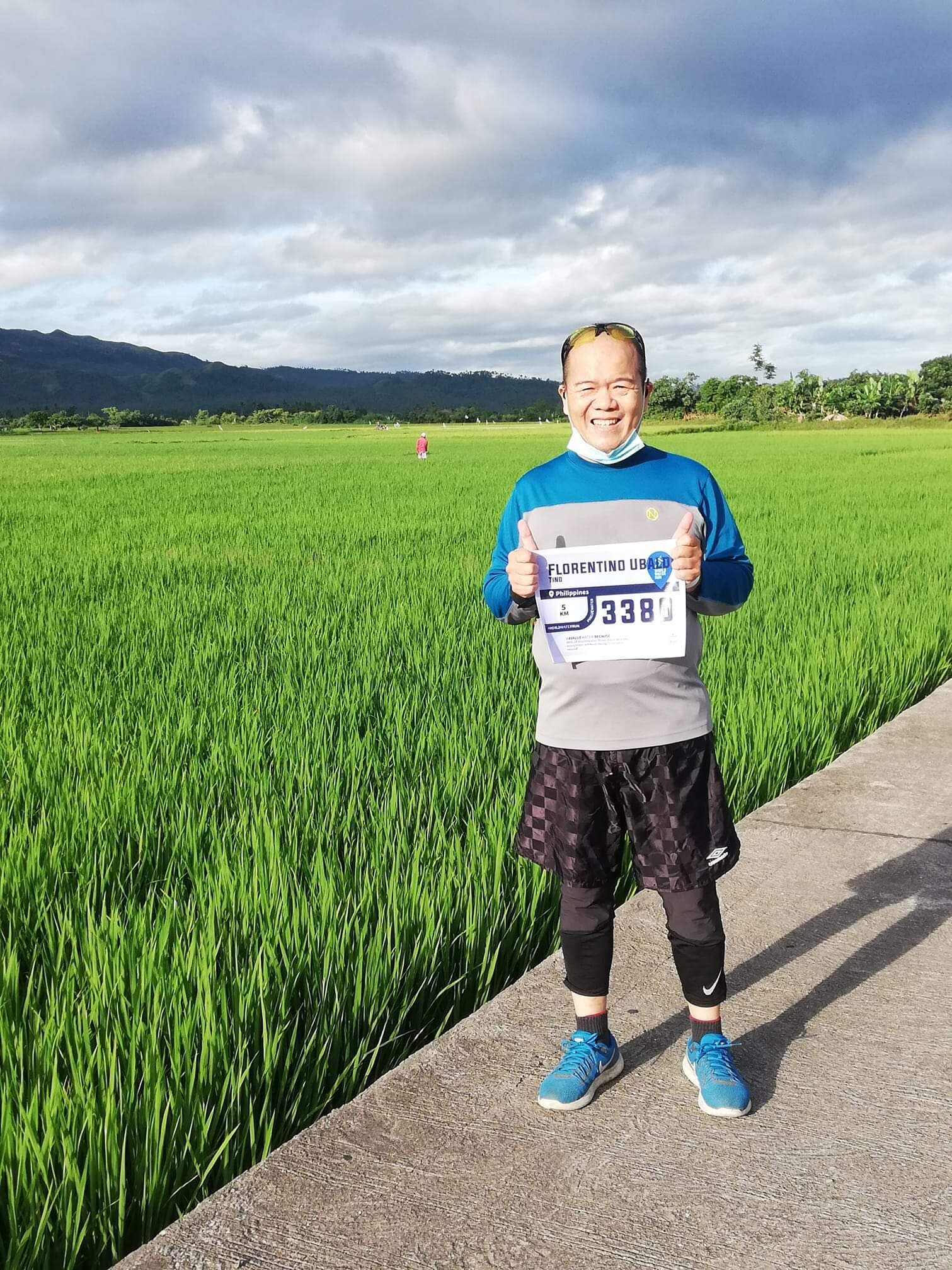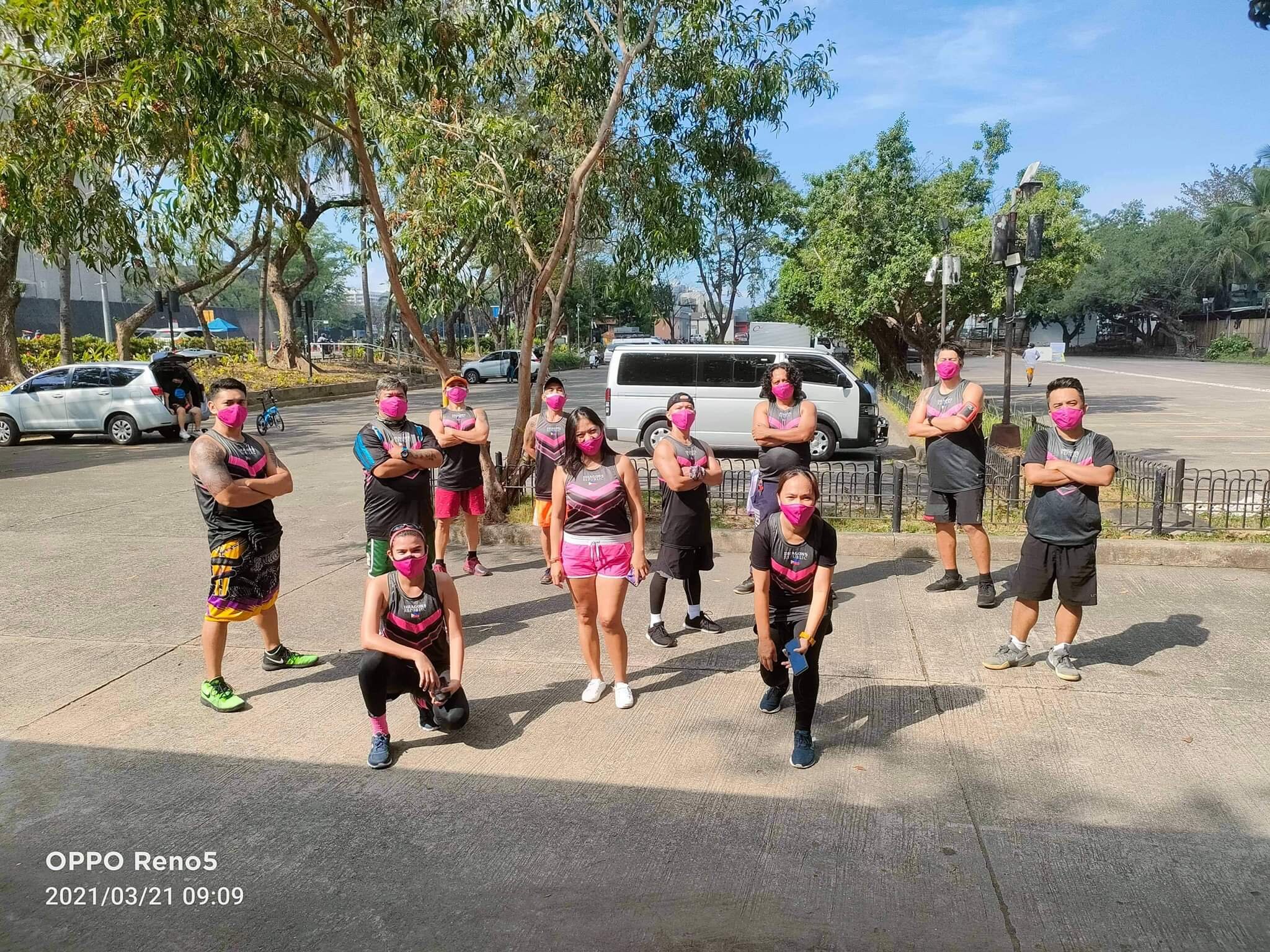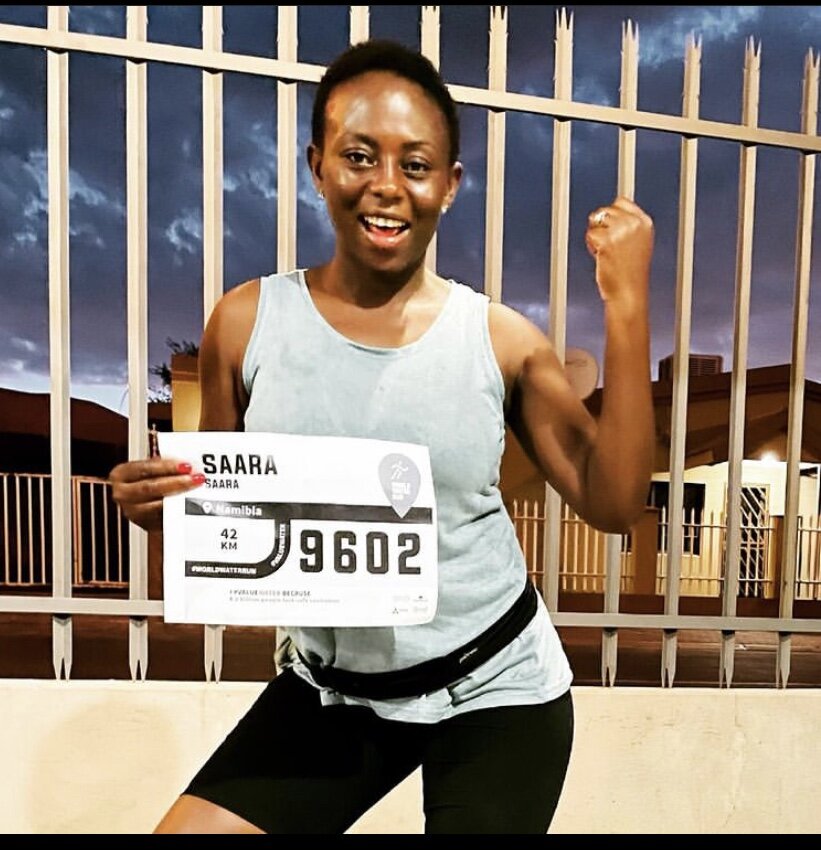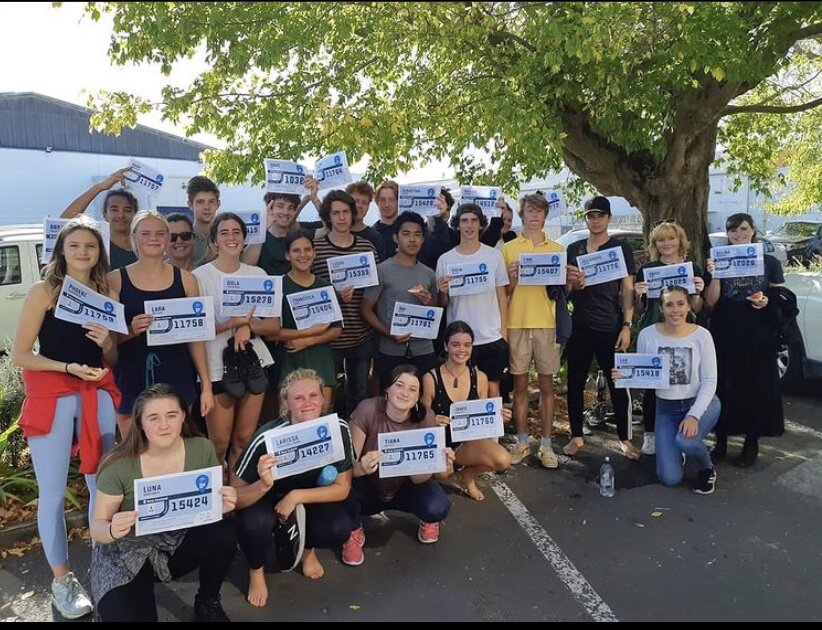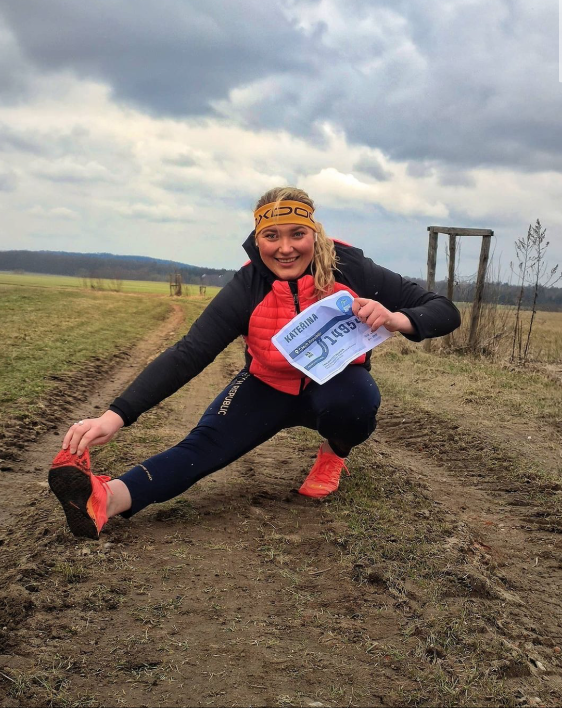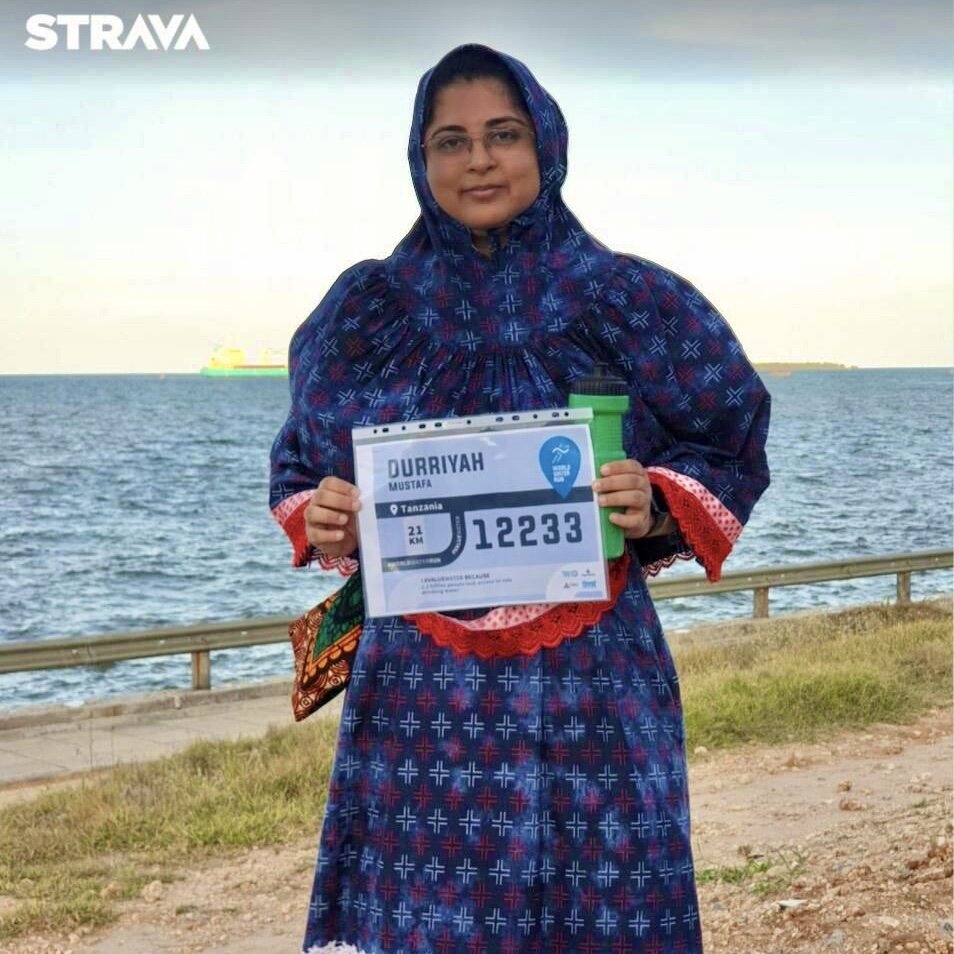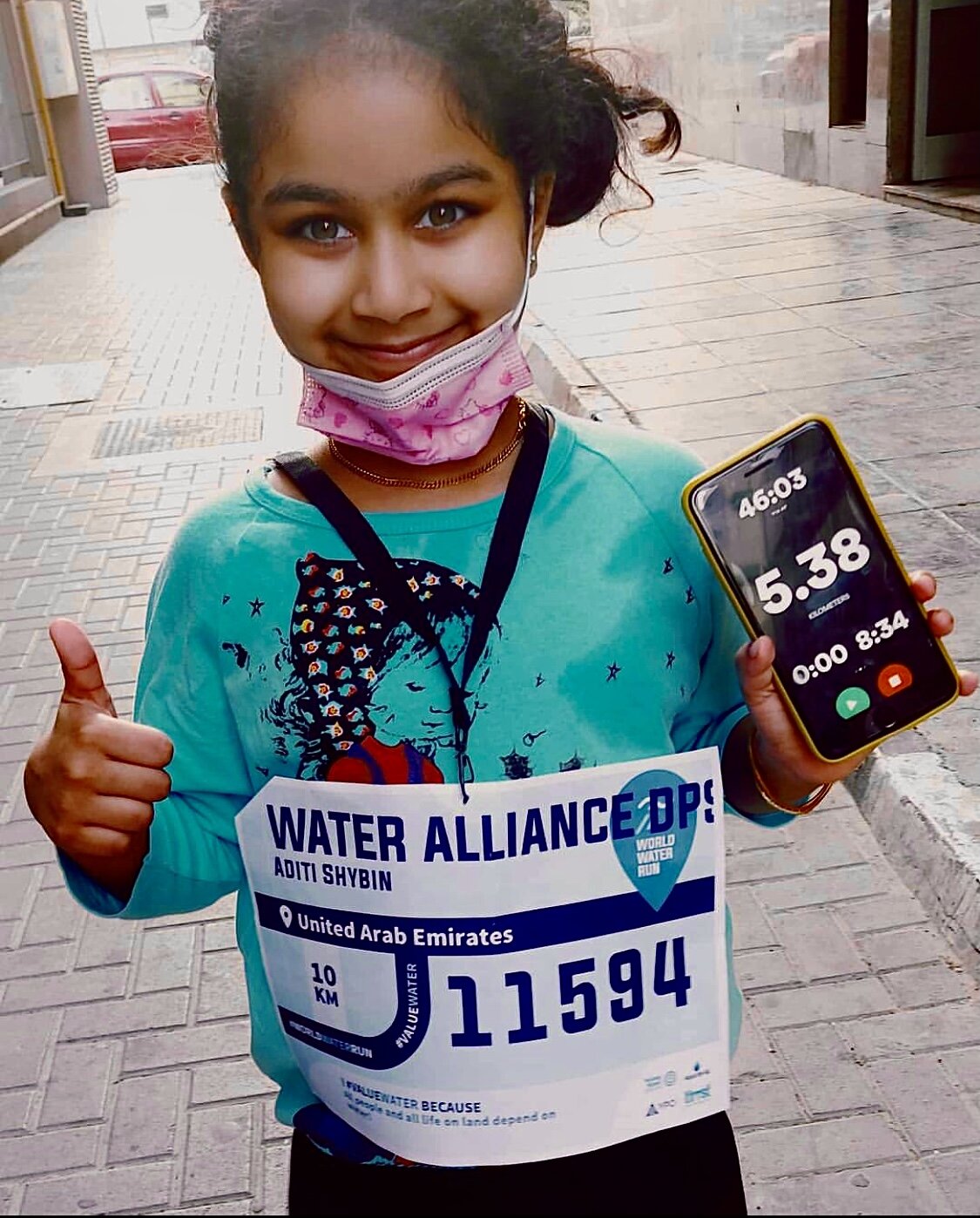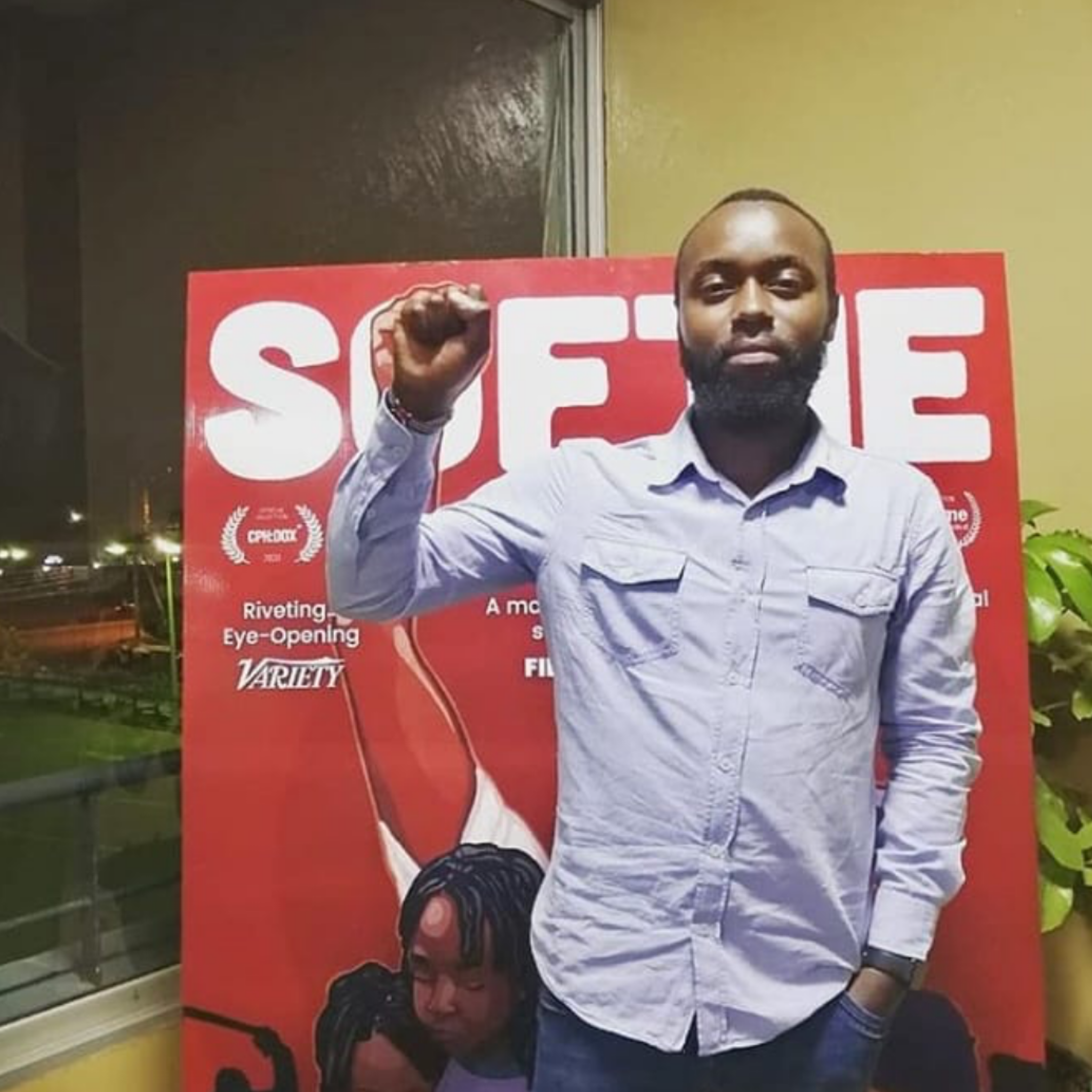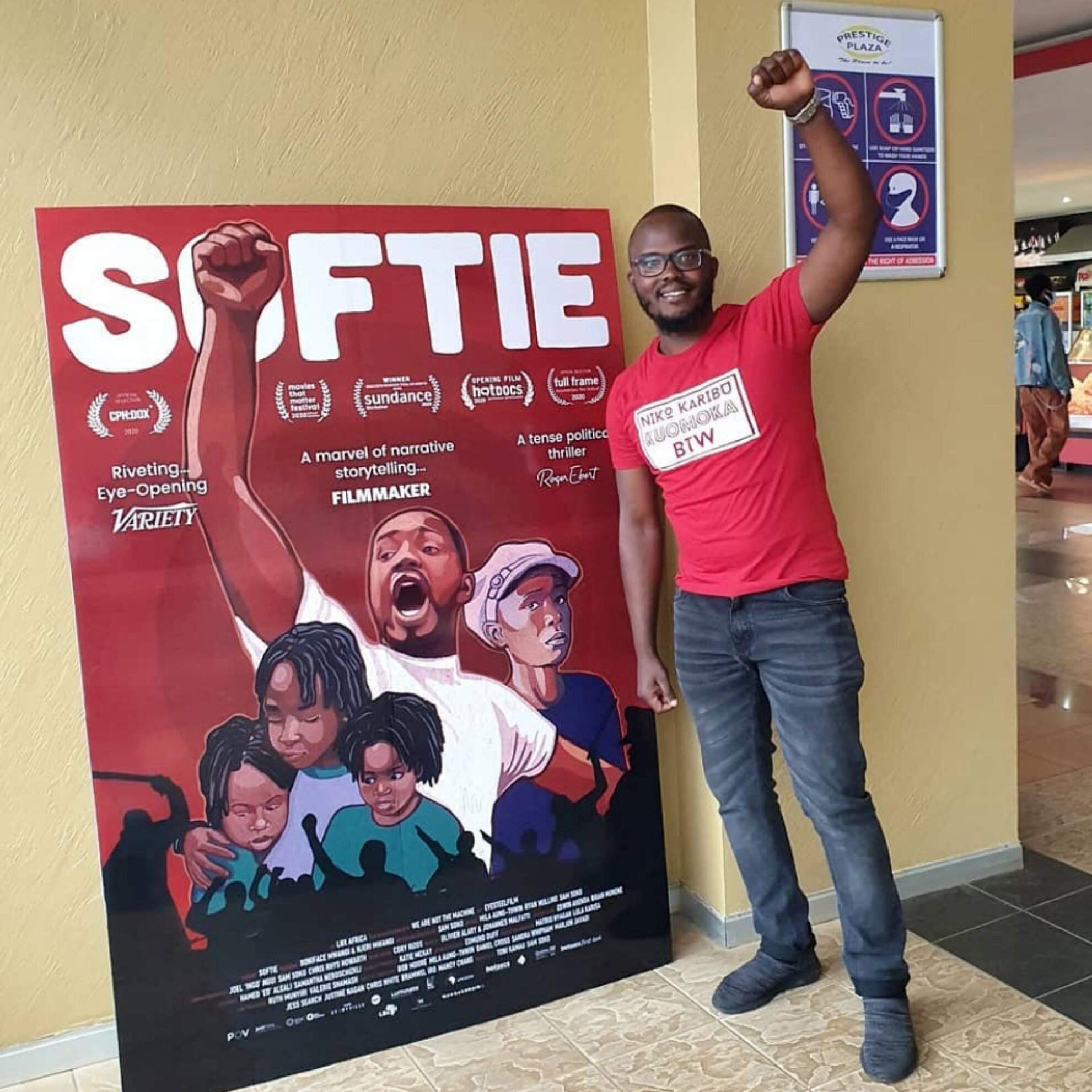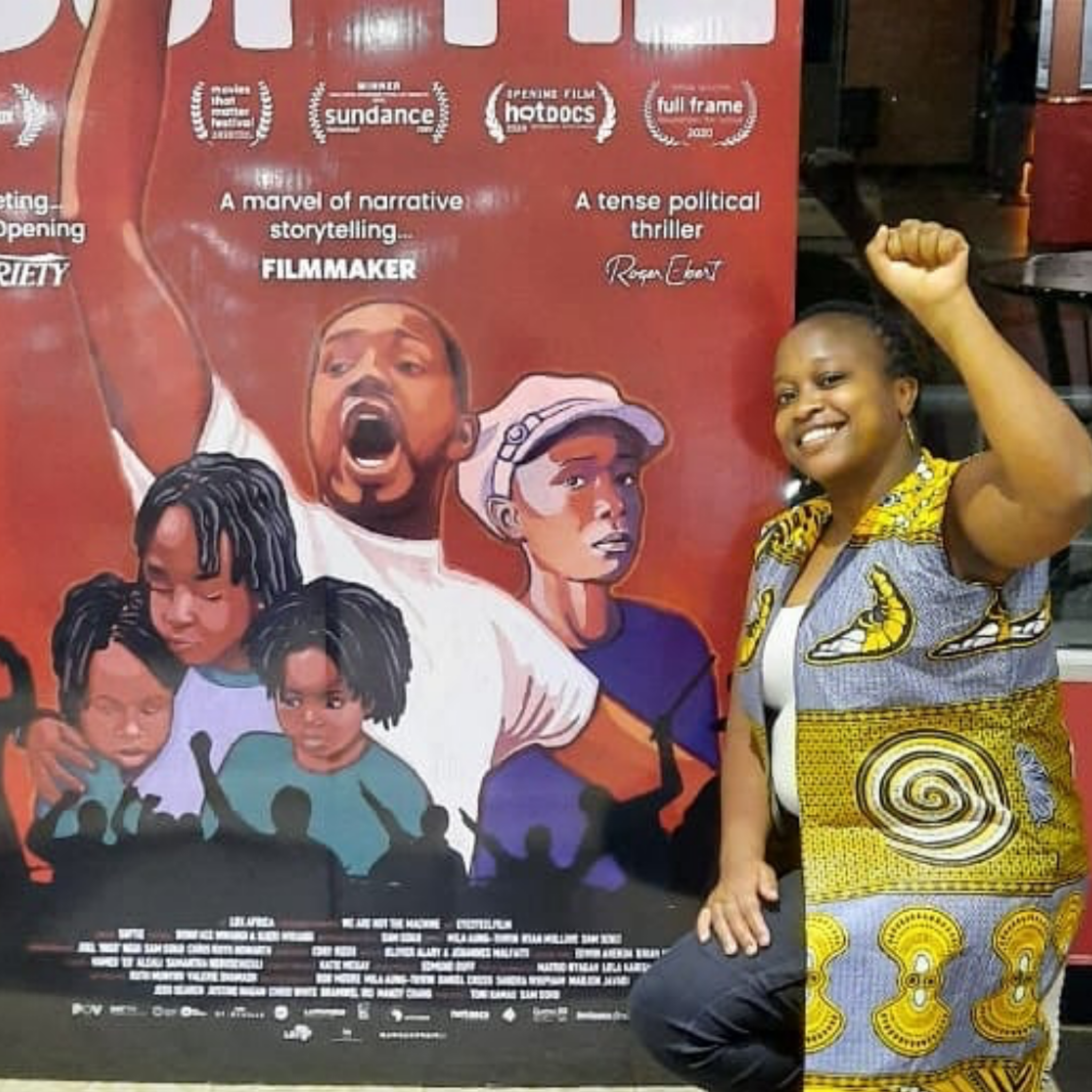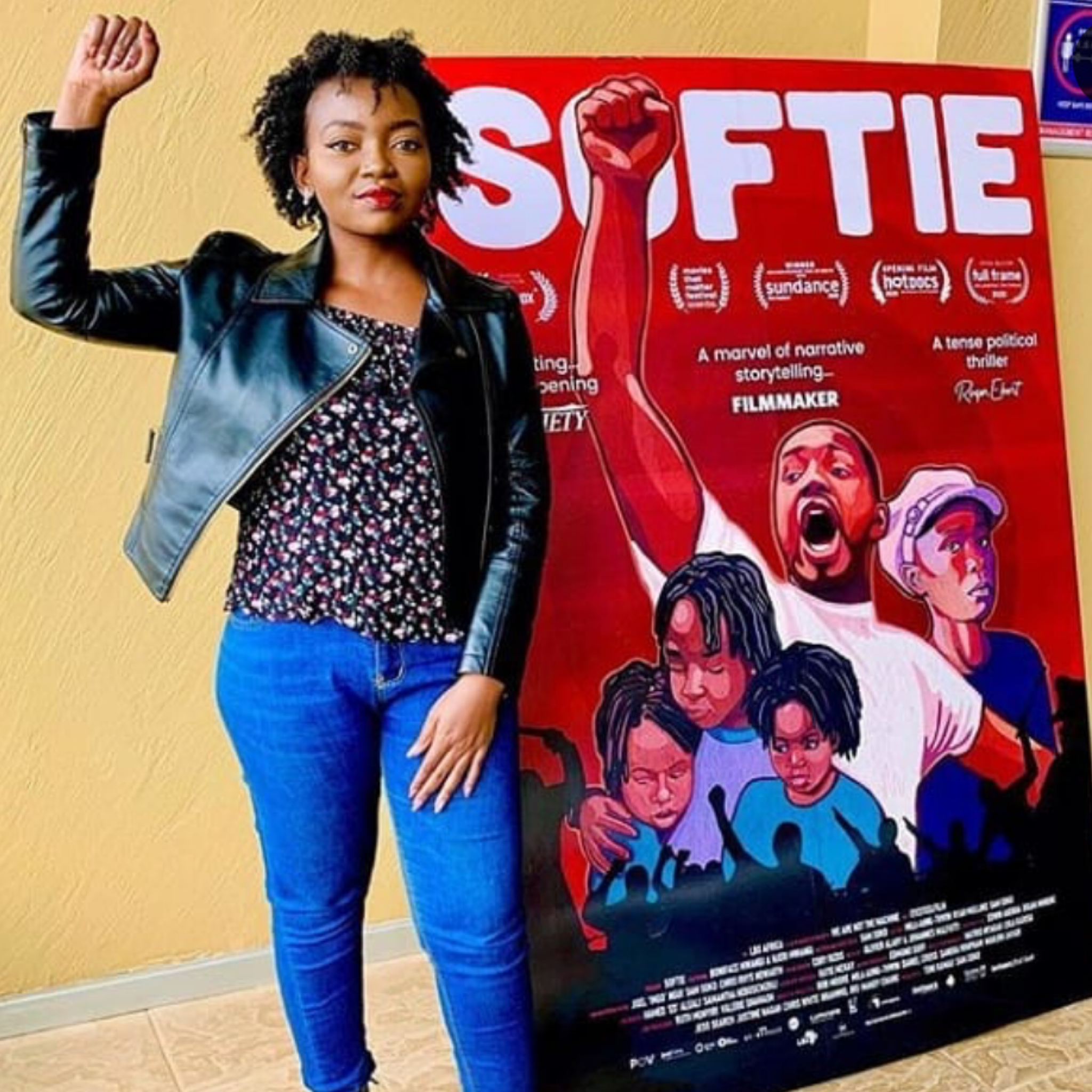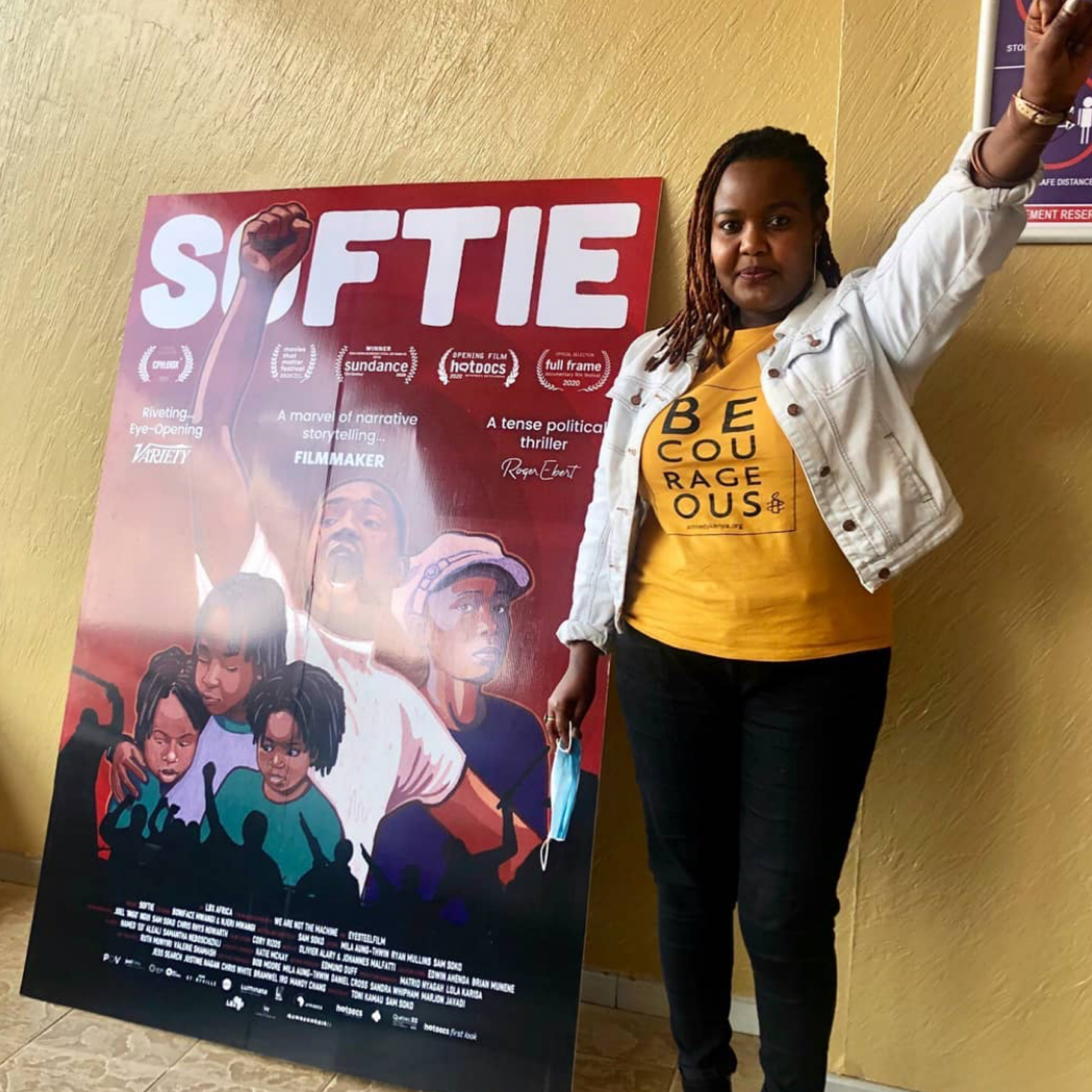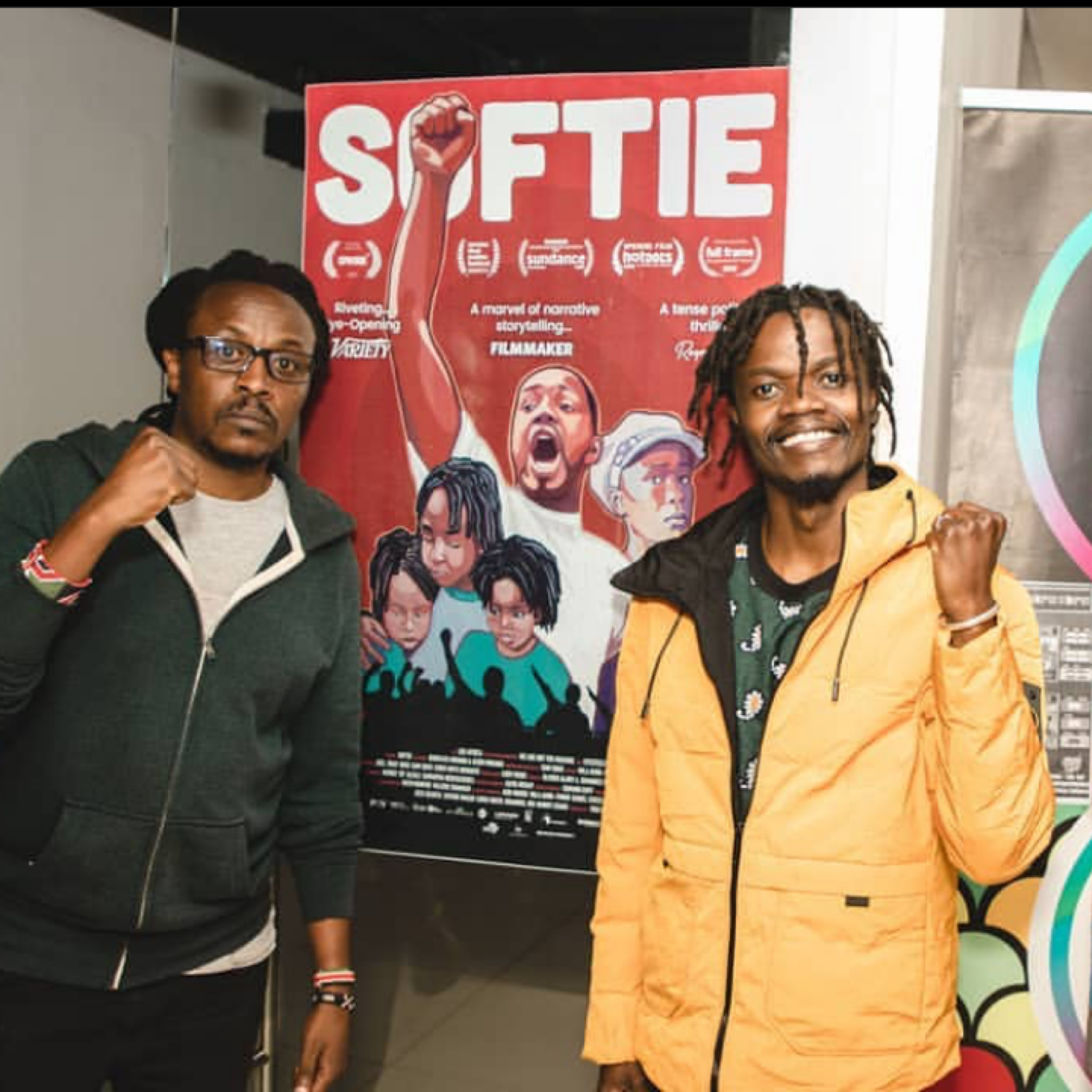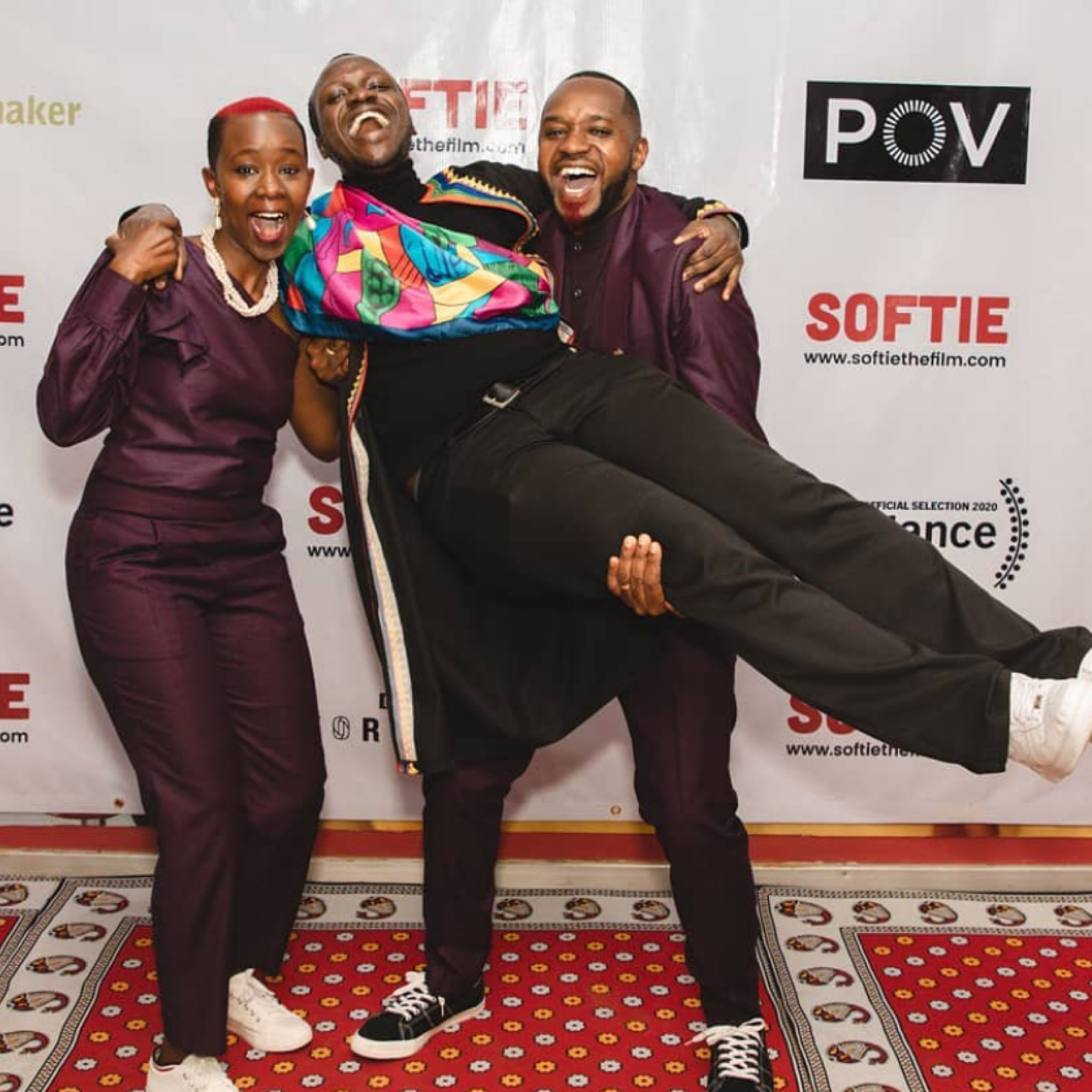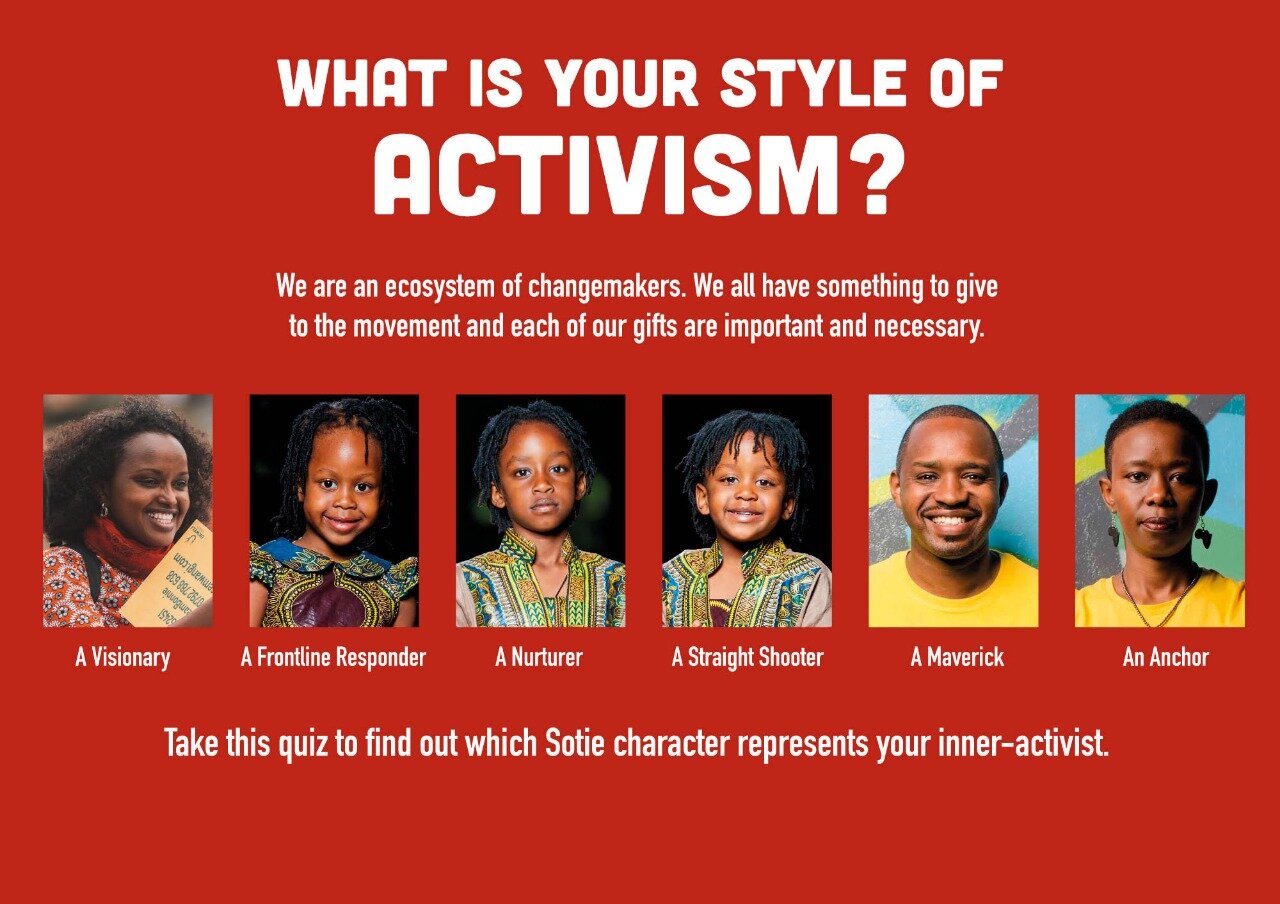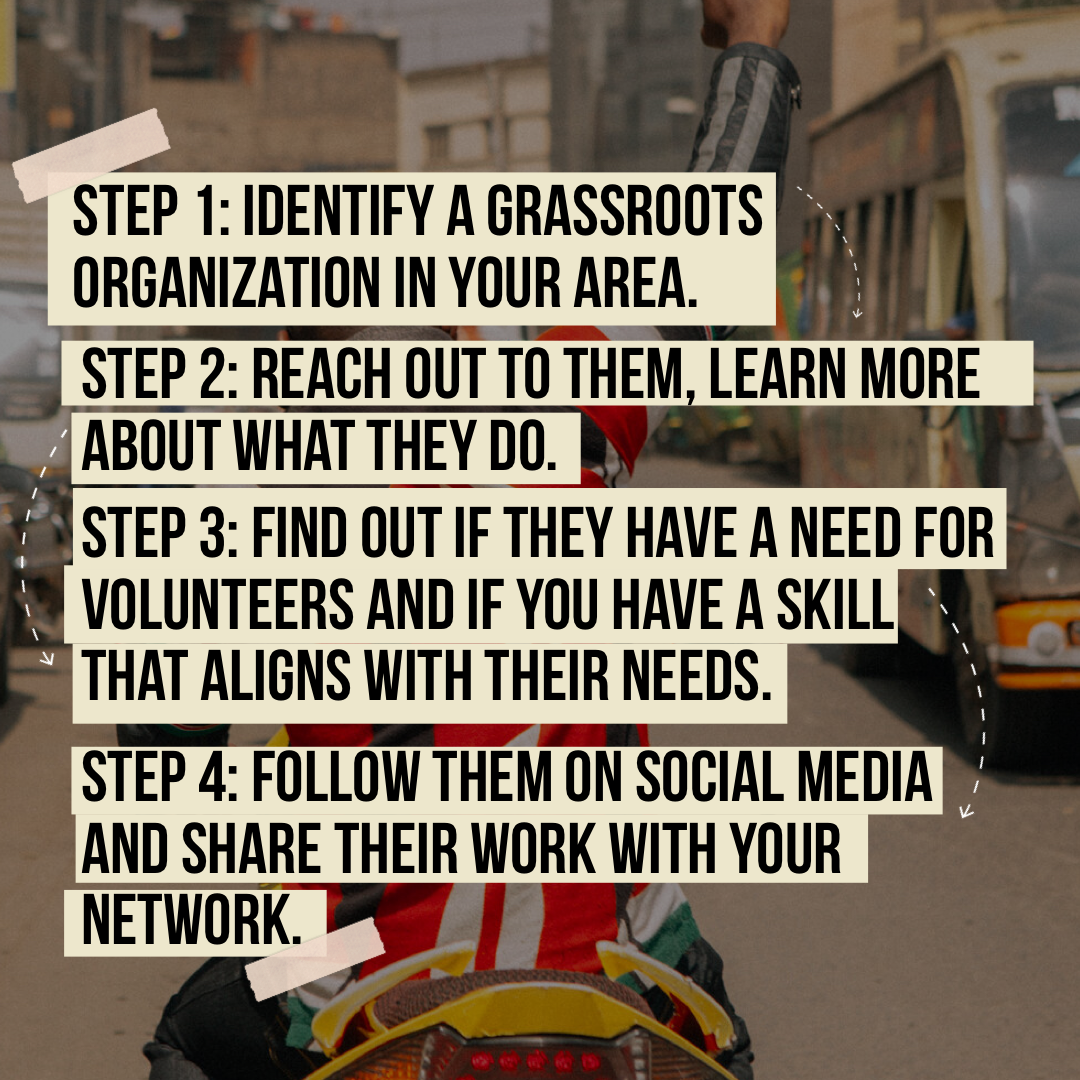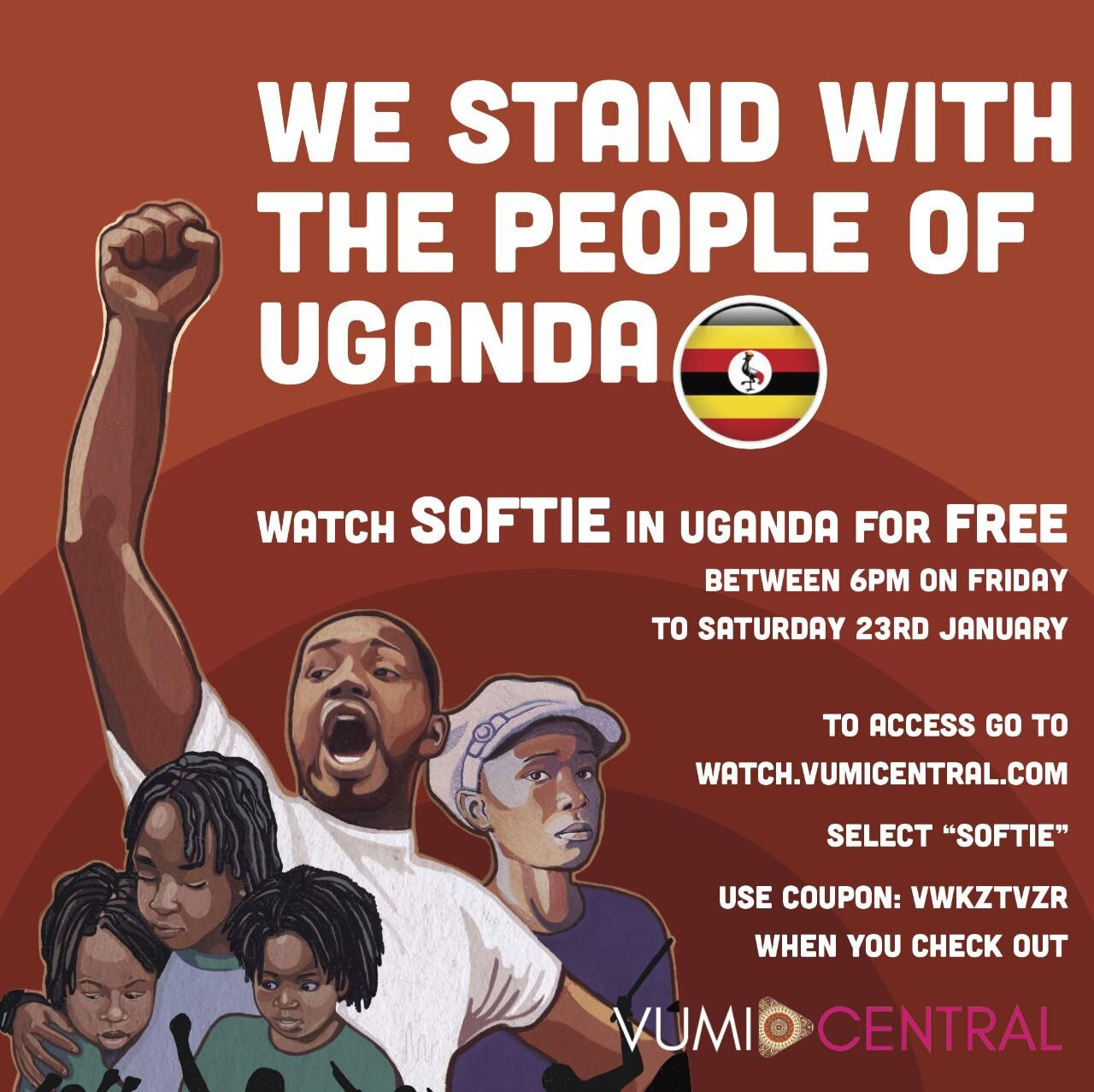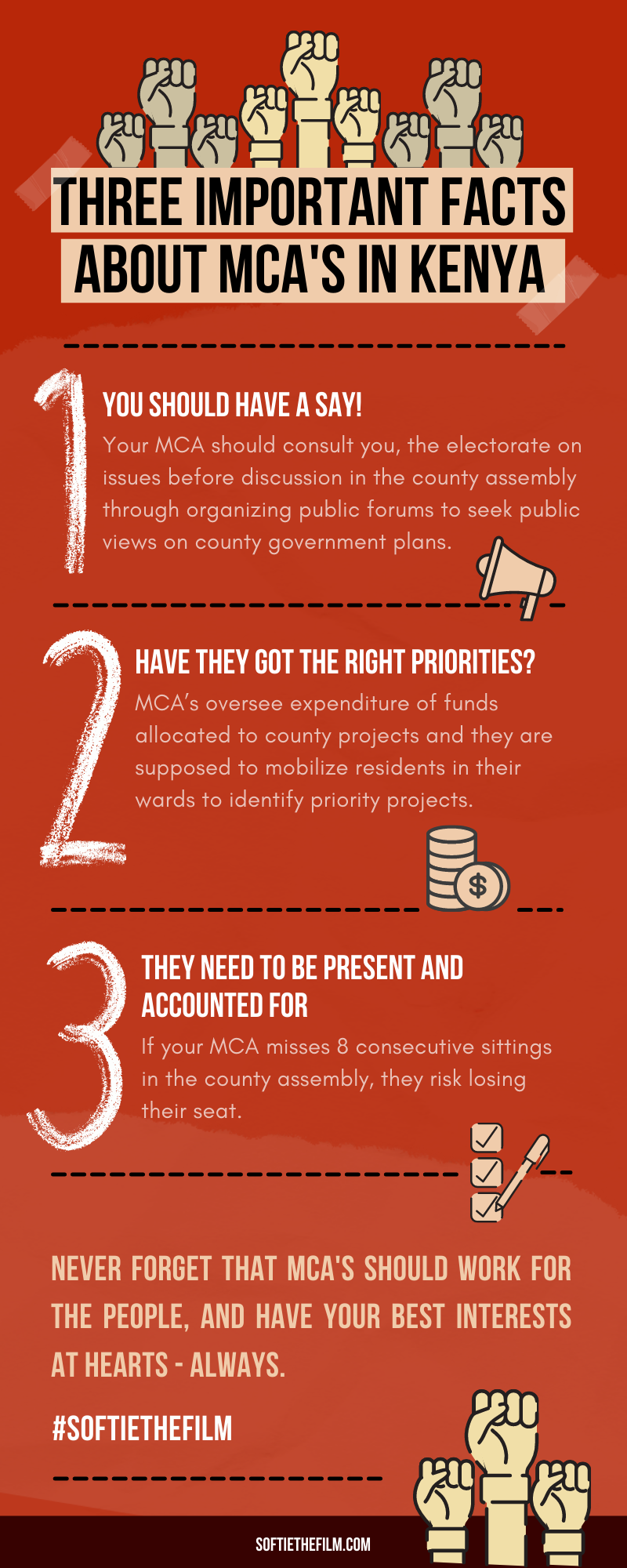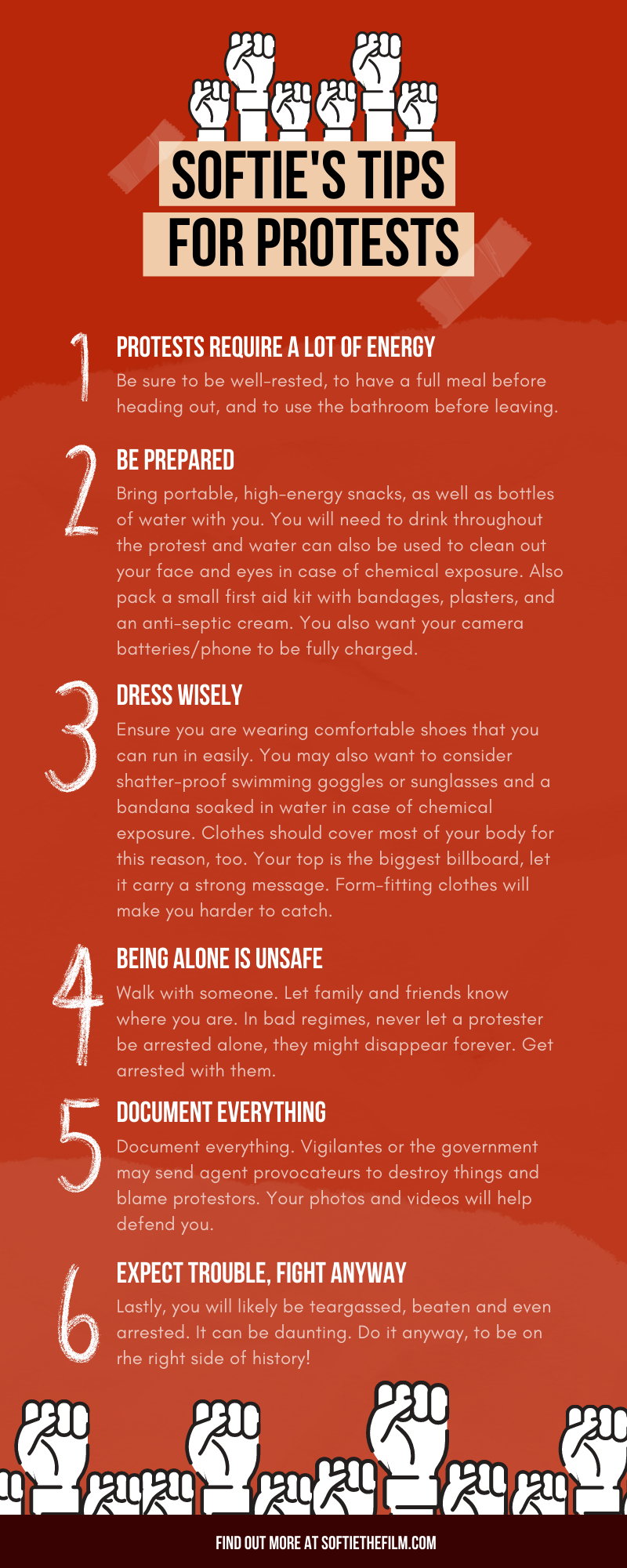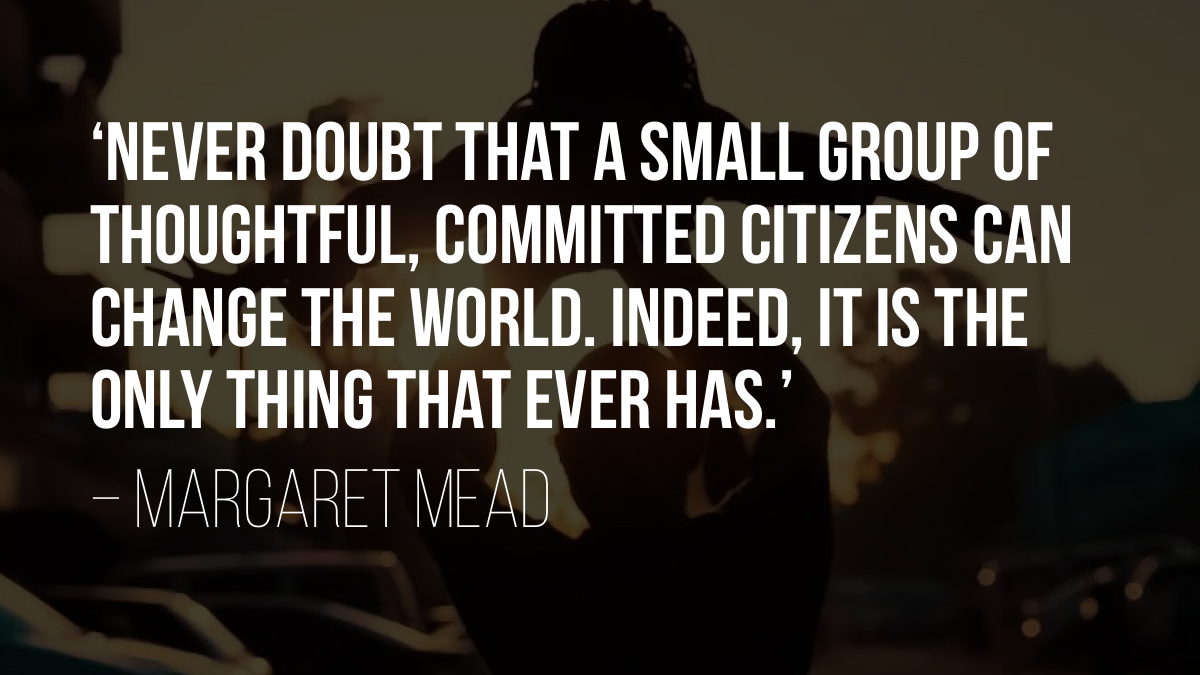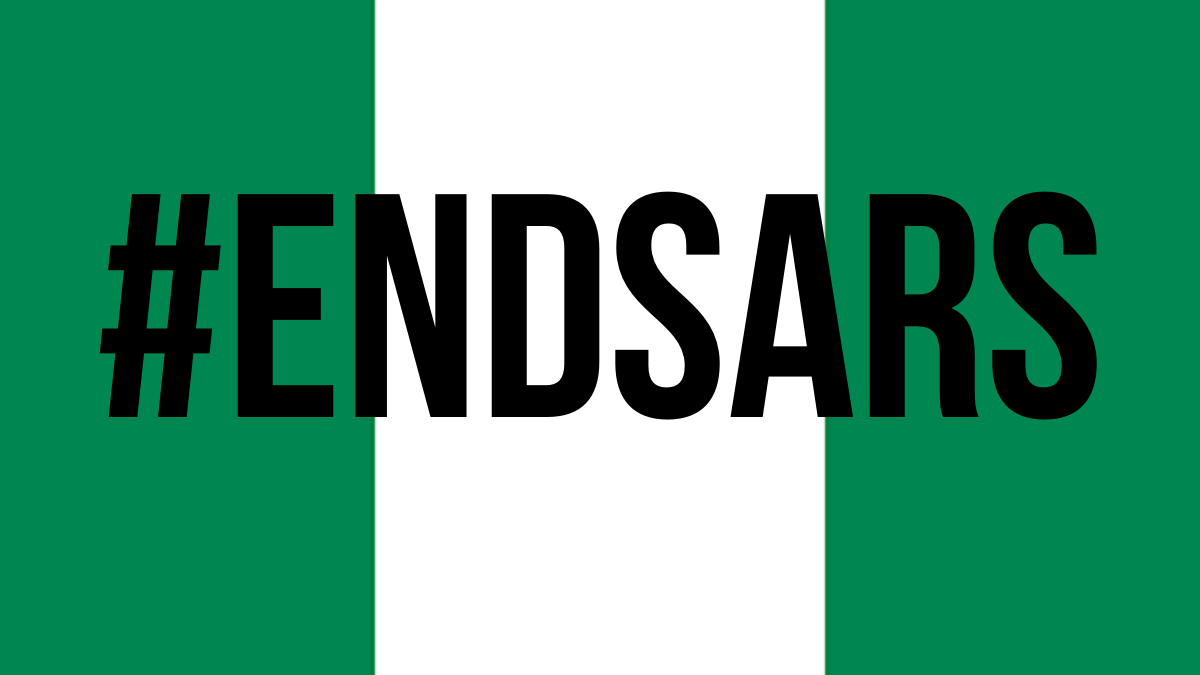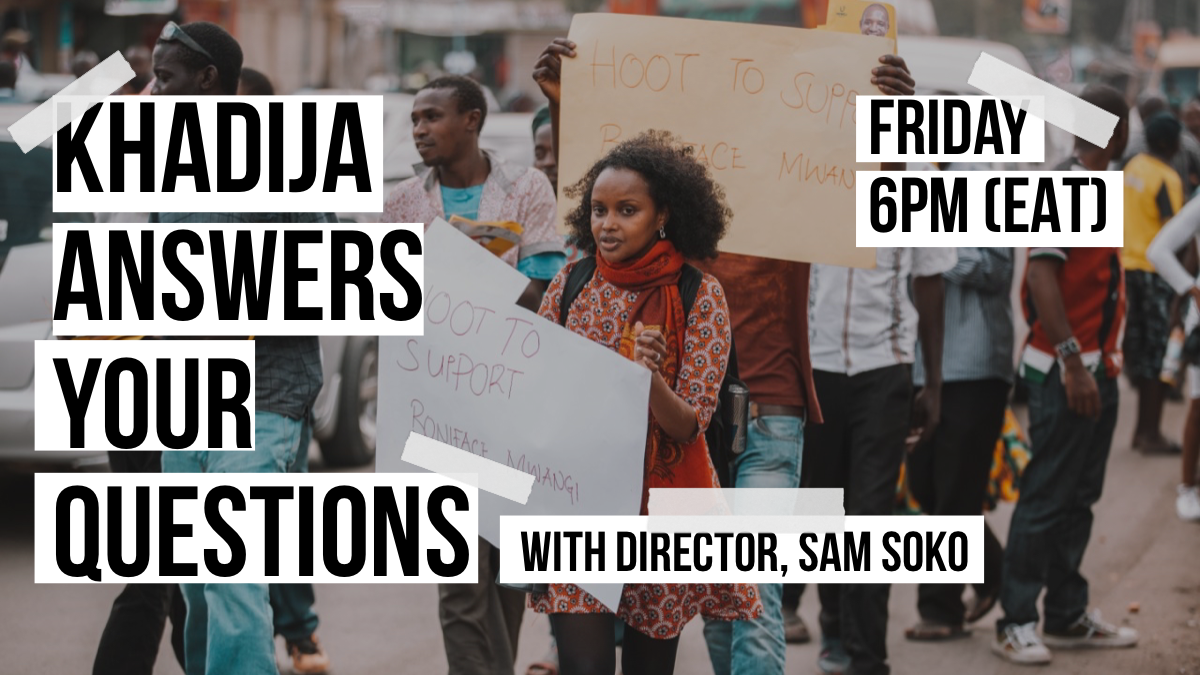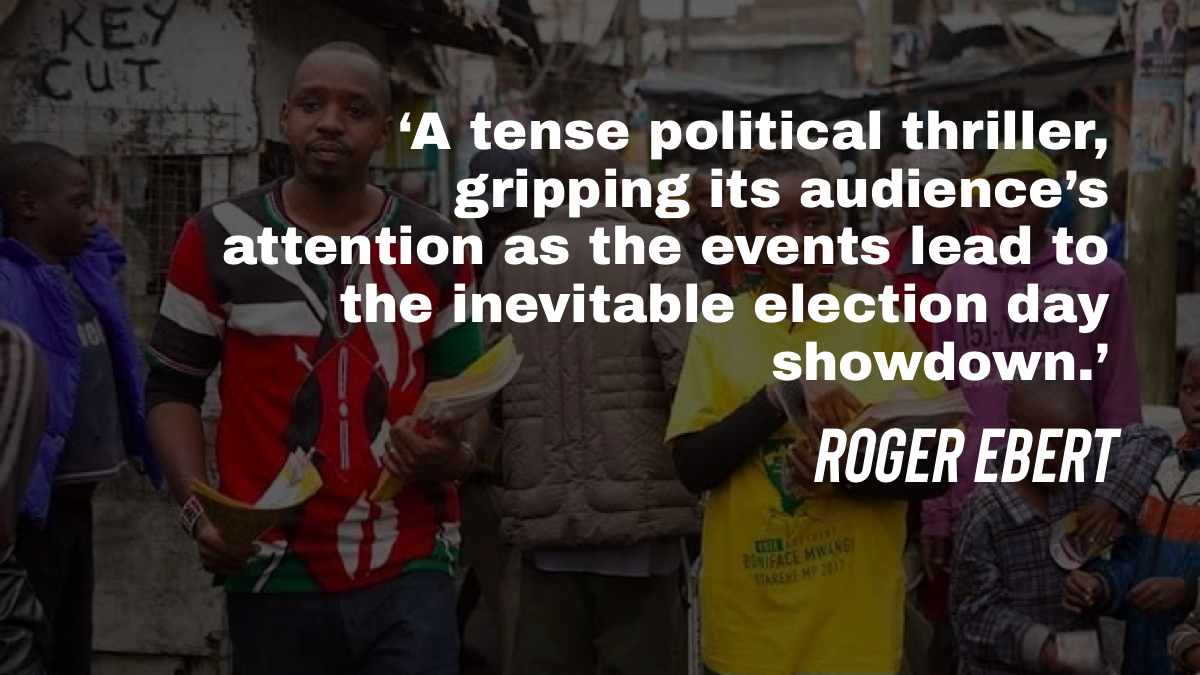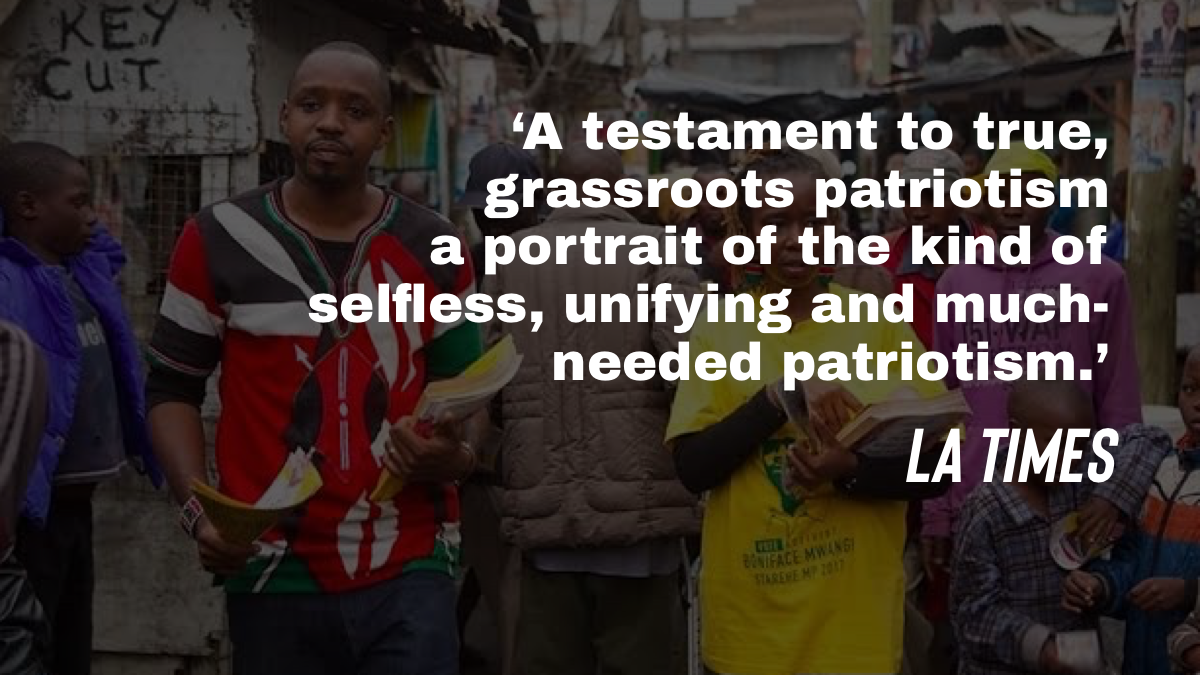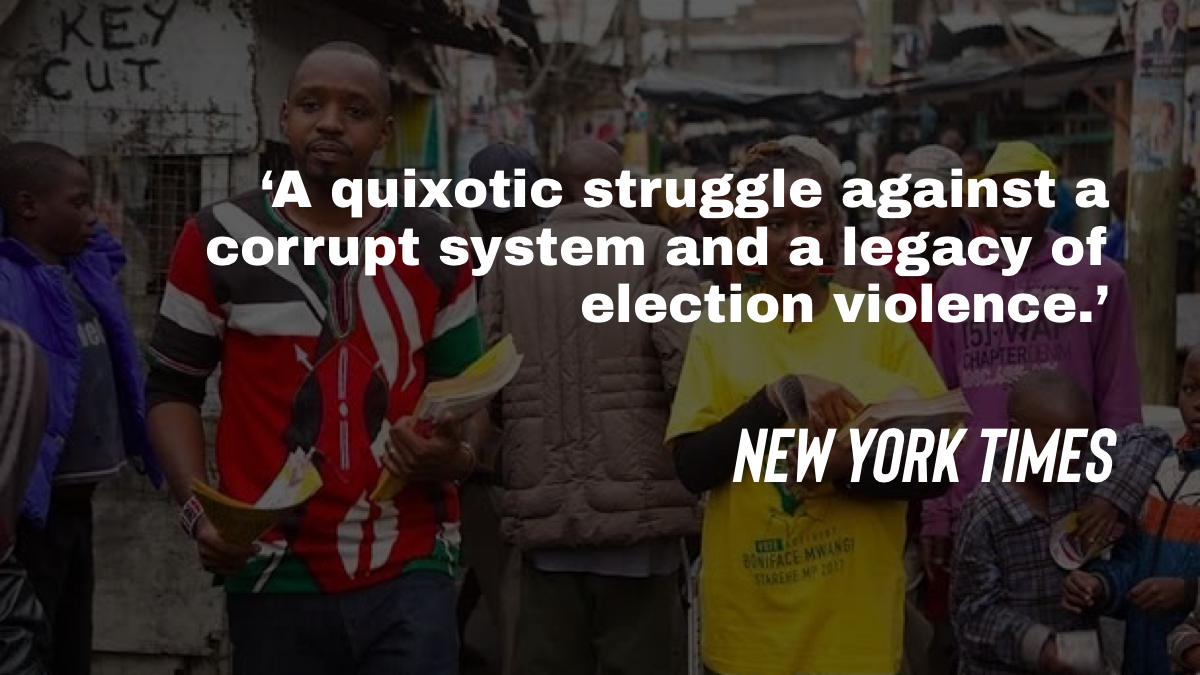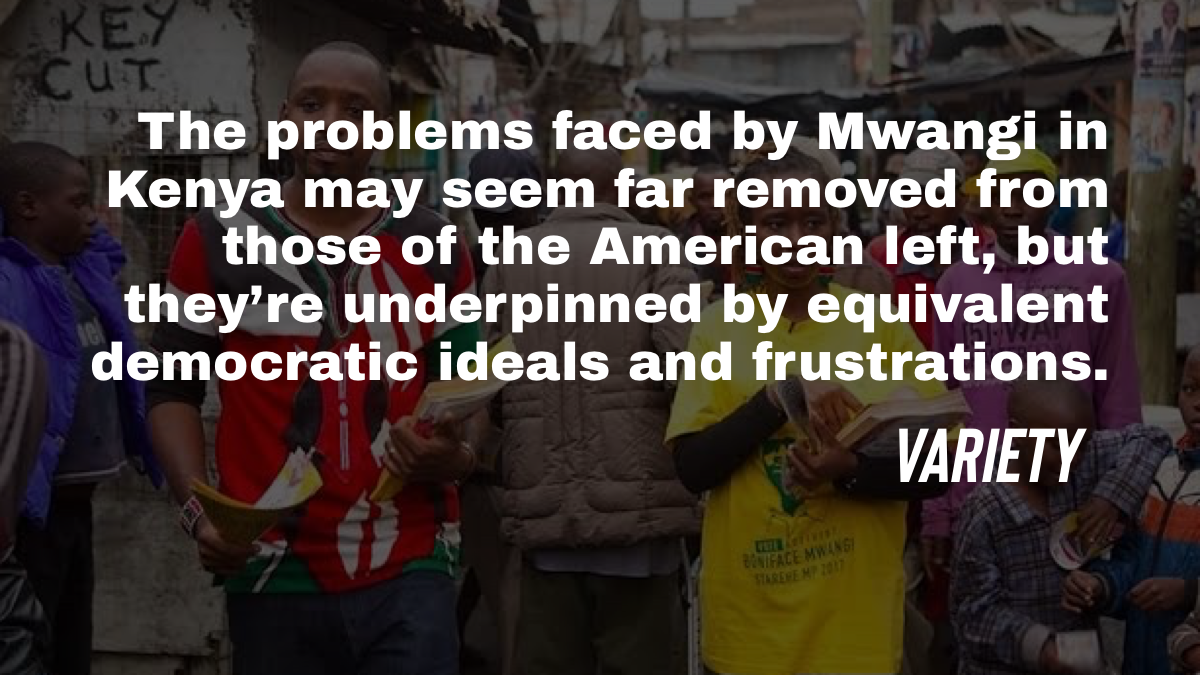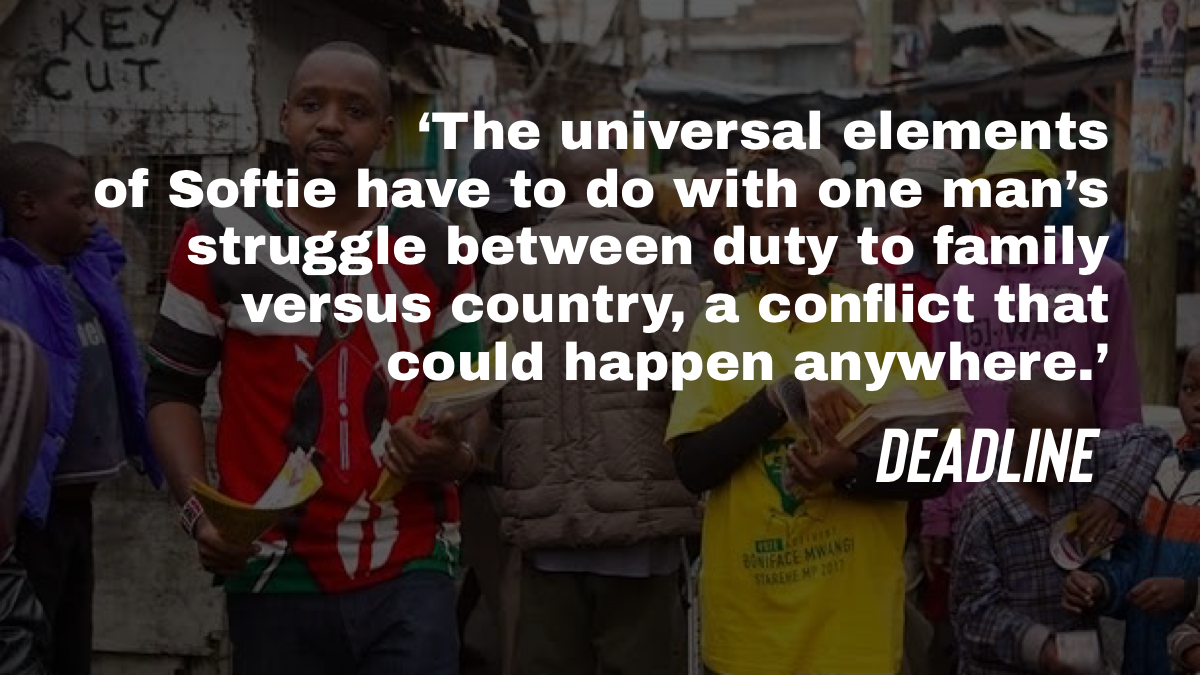40 Plant-Based South African Storymakers
Join us in celebrating 35 South Africans who have used their creativity to grow the plant-based movement by changing policy, starting businesses, and making plant-based eating more accessible.
Join us as we celebrate 40 South Africans who have used their creativity to help grow the plant-based eating movement in South Africa. These 40 people have changed policy, started businesses, grown communities, and helped make plant-based eating more accessible and inspiring.
What we eat doesn’t only affect our health, but also the health of our planet. Research shows that a plant-based diet is a good way to help protect the environment, lower your carbon footprint, slow down climate change, support animal welfare, fight environmental degradation, improve public health, and help the economy change.
Between 1998 and 2018, the amount of meat eaten around the world went up by 58%. Animal farming is responsible for 57% of the greenhouse gases that come from the food system, even though it only makes up 18% of the calories we eat. Climate change, deforestation, lack of water, soil degradation, antibiotic resistance, and the loss of biodiversity are all made worse by the production of beef.
When people eat more plants, the demand for meat, dairy, and eggs goes down. This reduces the suffering of animals and the harsh conditions they have to live in on factory farms. Also, plant-based diets have been linked to lower blood pressure, better heart health, a lower risk of diabetes and cancer, and better well-being and mental health, while eating meat has been linked to heart disease, diabetes, pneumonia, and other serious illnesses.
““Veganism is just a result of your own compassion towards all beings, and compassion is simply a realisation of your connection to nature. When you connect with your nature, with all the beings or all of existence, you will spontaneously become compassionate with everyone.” ”
As more people pay attention to what they eat and want to eat more plant-based foods, more grocery stores, hotels, and restaurants will have these options. As plant-based alternatives become as much a part of South African culture as braaivleis and bobotie, it makes sense that more people will be against putting rules on plant-based alternatives.
Here is a list of the 35 South Africans to follow who only eat plant-based foods. In honour of Veganuary 2023, Treeshake put together this list. These are the people whose voices have changed policy and who inspire others to cook healthy, nutritious, and tasty plant-based food. These people decide every day what food is best for them, their families, and the planet. They also help South Africa's plant-based economy grow. Follow them, support them, and add your own voice to theirs. Together, we can support an economy that makes life easier for vegans and vegetarians by making plant-based alternatives easy to find.
THIRTY FIVE STORYMAKERS ADVANCING PLANT-BASED ECONOMY IN SA
The Caulivores (Nate Duarte and Tayla Davis) (Instagram)
“The power of fueling your body on plants will blow your mind.”
Tayla, Nate, and River Grace are The Caulivores, a whole-food, plant-based family. Nate works in logistics, and Tayla is a model and mother. Nate was able to get rid of his chronic sinusitis after he switched to a plant-based diet and saw firsthand how eating more plants helped him. Based on his observations, the more he leaned toward plants as his primary source of nutrition, the healthier his body became.
"It's like upgrading your body's fuel to a cleaner-burning fuel with a slew of vitality-boosting effects on your health and well-being."
For Nate and Tayla, once you switch to a plant-based diet, your taste buds will start to change, and foods you used to think were just okay will start to taste great. What a treat! Their only regret is not going plant-based sooner.
"It's an exciting journey of discovering a whole new way of eating food that has so many positive downstream effects. It is good for your health, good for the planet's health, and a kinder way to coexist with other sentient beings on this planet. You will never look back once you feel the incredible shift in your own body!"
Jason McNamara (Instagram)
“We don’t have a Planet B to call home! This one is all we have, and we have the power to change the way we treat mother earth through the foods we choose to eat.”
Jason (Jay Mac) is the creator of The Kind Kitchen, a vegan comfort food café in Woodstock, Cape Town. “Being vegan does not have to mean a lifetime of lentils and lettuce leaves.”
Jay’s innovative and vibrant recipes reimagine all your favourite dishes, and we can confirm that he has mastered the art of turning mushrooms into chicken! His truly delicious The Kind Kitchen vegan cookbook can be purchased here.
Dr Anesu Mbizvo (Instagram)
“If you are not vegan, please consider going vegan. It’s a matter of nonviolence. Being vegan is your statement that you reject violence to other sentient beings, to yourself, and to the environment, on which all sentient beings depend.” - Gary L. Francione
Johannesburg-based Dr. Anesu Mbizvo is a medical doctor, yoga teacher, business owner, and former "Survivor South Africa" contestant. Her interests include holistic health, sustainability, and mental health and well-being.
She advises making a gradual transition to a plant-based lifestyle. Instead of trying to give up all meat and dairy at once, she suggests starting with having one plant-based day a week and then building up to one plant-based meal a day.
For Anesu, the goal is to strive to be a better version of yourself and to give yourself grace in the process. Changing habits takes time, and it's normal to make mistakes and slip up now and then. Rather than punishing yourself, forgive yourself with compassion and remind yourself that you are acting in the best interests of yourself and our planet.
Alexandra Dodd (Instagram)
“Veganism is a daily commitment to bringing about a kinder, less violent world“.
Alexandra is a Cape Town-based writer and editor. Her commitment to veganism, animal welfare, and the environment is truly inspiring.
Going vegan for Alexandra has been the one of the most energising, and life-changing decisions she has ever made and continues to make on a daily basis. She suggests that before you begin changing your current lifestyle and choices, you be clear about why you're making the choice, and everything else will flow naturally from there. “Being vegan has changed my orientation in relation to history. I feel much more strongly aligned to the future than I used to, because my connection to life and other living beings of all kinds has deepened vastly”.
For Alexandra, there are so many delicious plant-based options and substitutes for everything these days. “The more difficult part is allowing your numbed conscience to awaken. It hurts to realise how chaotic, violent, and destructive the global animal industrial system is. Take solace in the fact that you're doing something about it rather than just pretending it's not happening’.
Veganism, she believes, is much more political and spiritual than just a way of life or a diet. She explains, “Veganism is entangled with other political struggles. Like all forms of oppression, violent speciesism runs deeper than we know. Now is the time to bring forth a more symbiotic, respectful, and regenerative world! Life on Earth depends on it. Start anywhere, anytime, and take it from there. Every choice counts in large amounts.”
Tammy Fry (Instagram)
“Our food selections not only impact our own health but also the health of Mother Earth and all who call her home.”
Tammy Fry is the daughter of Wally Fry, the founder of The Fry Family Food Company, a South African company known internationally for its plant-based food products. Tammy Fry is an avid crossfitter, a 5th Dan in Karateka, a multiple-time South African national champion, a self-defense coach, a surfer, a businesswoman, a public speaker, a plant-based nutritionist, and the mother of two young boys.
She is a plant-based expert and change advocate who believes that, as a collective, we all have the power to make and leave the world a better place. She was named one of the top eight women changing the world through food by Female First in the UK. She has an undeniable drive to inspire and influence change.
In 2021, Tammy published her vegan-based cookbook offering 75 wholefood, plant-based recipes. “Made with Love and Plants," can be purchased here.
Garth Tavares (Instagram | Twitter)
“All you need is an open mind, a willingness to expand your experience of tastes and textures, the bravery to cook things you can’t pronounce, and most importantly, the patience to understand that all you need to succeed is to take things one day at a time.”
Garth is best known as "Cape Town Vegan." He advises newcomers to the lifestyle to take as long as they need to commit to becoming fully vegan. You know people who say, "I could become vegan if it wasn't for cheese! Well, become "as vegan as possible" until you can give up cheese. Of course, again, one would argue that you can't call yourself vegan if you are not fully vegan. "Do whatever YOU need to do to permanently eliminate animal products from your life."
A few tips and tricks he advises people to try include becoming inspired - watch YouTube videos on easy vegan recipes, becoming informed - read up on other people's tips and tricks for transitioning, substituting GRADUALLY - start with milk replacements finding the one you like, and then gradually omitting cheese, butter, yoghurt, and mayo.
Check out his website www.capetownvegan.com where you will find a complete list of eateries that have vegan options: there are hundreds! There are loads of restaurants with vegan AND omnivore options if you have family members who refuse to eat at 100% vegan restaurants.
Kerishnie Naiker (Instagram | Twitter | Facebook)
“Do not underestimate the positive impact one person can make to benefit Mother Earth, Our Planet and all forms of life.”
Health Activist, international speaker & TV Anchor, Kerishnie has been a vegetarian since birth, but has spent decades as the only vegan in her extended family. Her plant-based diet has given her many mental, emotional, and physical benefits including a full-term, symptom-free pregnancy and a healthy child.
Kerishnie believes it is important not to impose her preferences on others. Seek clarity first, she says, and then make your own informed choices, without being swayed by others.
Michele Mistry (Instagram | Facebook)
“When your body is in balance, your tastes change naturally, and things you thought you couldn't live without become irrelevant.”
Michele is a Cape Town-based certified Ayurvedic nutrition consultant and creative strategist. Her advice for a sustainable and gradual change to better health is to substitute plant-based ingredients for your current top five favourite recipes.
She advocates joining the vegan community and making friends with other plant-based people who can provide the support, wealth of knowledge, and experience you might need when it gets tough or lonely.
Savannah Hodgkinson (Instagram)
“It takes nothing away from a human to be kind to an animal.”
Savannah is currently pursuing a master's degree in Geography with a focus on food geography. and is passionate about sharing vegan recipes and products on social media. Savannah believes that gradually transitioning to a plant-based diet is more sustainable. Her tips for becoming a vegan begin with diet. Continue to eat what you want, but gently prepare your favourite dishes with plant-based ingredients. Allow yourself and your body time to adjust to this new way of life. Change happens gradually. “It also takes a while for your body to get used to all that added fibre. When I first went vegan six years ago I could not stand tofu! Nearly five years later I am obsessed with tofu and tempeh. Try new things often and revert back to the ones you did not like at first because your taste buds might just change their mind”.
She thinks that the best ways to get people to live plant-based lives is through kindness and patience. With compassion and empathy, assist people in transitioning to a plant-based lifestyle. A single meal or wise purchase can make a significant difference.
Sue Gajathar (Instagram)
“Eat the rainbow!”
Sue is the founder of The Vegan Chef restaurant group and a vegan chef. She lives in Johannesburg and owns several vegan restaurants in Gauteng and KwaZulu-Natal, as well as an online store where you can buy her delectable vegan meals.
Sue's Instagram feed is a visual feast. She illustrates, via the use of spices and the right cooking techniques, how a plant-based diet can be healthy, environmentally friendly and delicious. She supports Veganuary and follows the international Veganuary Instagram account @weareveganuary.
Brett Thompson (LinkedIn)
“The cost of compassion is too high. We shop on price, taste, convenience, and culture. Our job is to meet consumers where they are at and provide a more compassionate, sustainable, ethically conscious choice.”
Brett is the co-founder of the Credence Institute and the founder of Mzanzi Meat Co, focused on reimagining the way we make meat through lab grown cultivation. When explaining why he created Mzanzi Meat Co, Brett offers this perspective, "You never change things by fighting the existing reality. To change something, create a new model that renders the old model obsolete."
He is also the South African spokesperson for Meat-Free Mondays and played a role in bringing Veganuary to South Africa in 2020.
When it comes to converting to a plant-based lifestyle, Brett takes a "one bite at a time" approach.
Read more about the amazing work Mzansi Meat Co is doing.
Megan Bell (Instagram)
“As a vegan and a conservationist at heart, I believe that we should live in harmony with nature and others. To me, this means that I refuse to partake in the suffering of others, whether human or animal. Showing love has never made me feel bad.”
Megan is a help desk support engineer living in Cape Town, and her Instagram feed reflects her passion for food and living a more sustainable lifestyle.
Megan says that people who want to switch to a plant-based diet should start small and take it easy on themselves. Begin by eliminating animal products, but keep in mind that you can still make your favourite dishes plant-based. She reminds us that we live in a time when plant-based options are much more readily available than they were a few years ago.
The people around you will be the most difficult part of going plant-based. She warns vegans not to let other people force their beliefs on them or make them second-guess their choice to become vegan. Research is your friend.
Michaela Alexandre (Instagram)
“This is the start of a new life that is still full of flavour, health and kindness!”
Michaela is an entrepreneur, food photographer and recipe developer. She lives in Cape Town and creates fun vegan recipes that inspire the vegan community and those looking for lifestyle changes in food.
If you want to live a vegan lifestyle, Michaela advises that you start with one meal at a time and do a lot of thorough research. Knowledge can be used as motivation when choosing what to put on your plate. She emphasises the importance of having fun creating plant-based versions of your favourite dishes.
“I want people to know that there is no ‘perfect vegan’ out there. It’s a process. Just start and improve where you can.”
Cayley Mogg (Instagram)
"We do not need 100 people to do this perfectly; we need 1,000 people to do it imperfectly. Together, we can make the biggest difference."
Cayley is a social media manager from Edenvale, Johannesburg, and she has been vegan for six years.
She advises that there is no need to drastically change your life overnight or to purge your cupboards and get rid of everything that does not support a plant-based lifestyle in one day when beginning a plant-based lifestyle. Instead, be patient and keep in mind that a lifestyle change takes time. Everyone has their own timeline, whether it's one meat-free meal a day or one new cruelty-free cleaning product. Every small change has a big impact!
Mira Weiner (Instagram | Website)
"I truly believe we can change the world through our kitchens, our little kitchens, and our big kitchens."
Mira Weiner is a plant-based advocate, marketing consultant, entrepreneur, and creative cook. Mira is passionate about conscious living, sustainability, and holistic healing.
She hopes to motivate people to consume more plants, which are better for the environment, animals, and their bodies. She has been a vegetarian since birth and is grateful to have grown up in a vegetarian-friendly household.
Her food philosophy is simple: food should be delicious, nutritious, and nourishing, while also fueling and healing your body, mind, and spirit.
Dominique Westphal (Instagram | TikTok)
"There’s no rush. Do what you can 🌱"
Dominique is a social media manager and lives in Cape Town. She enjoys being a vegan, engaging in athletics, and calling South Africa home.
She finds it simple, and she advises new vegans not to be too strict with themselves. Vegetables and fruits should make up the bulk of your diet. She also wants you to know that you should take your time and do what you can. Get through it one day at a time.
Gabrielle Meyer (Instagram | TikTok)
“You don’t have to be vegan every day. BUT every single day you are, you save on average one animal, 40 pound of grain, 1100 gallons of water and 30 square feet of forest. Together, our ‘one day’ can add up to a massive change.” – Jack Monroe
Gabrielle is known as “Gabby Goes Green” on social media. It was difficult for her at first to transition to a plant-based diet because it required her to change her mindset not only about meat but also about cooking. She is an avid cookbook collector and believes she has far too many…
Her advice is to remember how this minor change in your life can benefit your health, the environment, and the reduction of animal cruelty. The most important message she wants to convey is to slow down. "When I first started my plant-based journey, I wanted to know and learn everything at once. This was not realistic; I had put myself in a situation where I would have no idea what to cook or buy. I also wish I had discovered Abillion and vegan food review apps sooner.”
Tyra-Leigh Findlay (Instagram)
“Just try it!”
Tyra-Leigh is a Cape Town student. She has met and bonded with so many like-minded people since adopting a plant-based lifestyle, and she finds the plant-based community to be supportive and inspiring.
Tyra suggests that you begin by making small changes in your life rather than attempting to make large changes all at once. She claims that this will just add pressure, and that if you make mistakes or order your coffee with milk instead of almond milk, you should be gentle with yourself. She recommends making conscious decisions when purchasing food and other household products and making sure you buy earth friendly products.
“Moving over to a completely plant based lifestyle taught me so much about myself and the planet. Let’s inspire others to make the change towards a plant-based lifestyle.”
Nikki Botha (Instagram | Facebook)
“You won't ever stop evolving as an activist and a vegan. So don't ever assume you know more than those who preceded you. They fought, bled, cried, and sacrificed a lot so that you can walk the path you're walking. Walk the path with pride, grace, dignity and humility - always, always, always.”
Nikki works as a vegan chef and activist in Cape Town. She wants to remind people who are new to a plant-based lifestyle that it is a unique journey - eliminating animal products will be easier for some and more difficult for others. However, it's also a way to help the next generation and stand up for our planet.
Nikki advises people who are just starting their plant-based journeys to connect with other plant-based people and get involved in the South African plant-based community. "There are experts out there that have been on this journey for a very long time who have practical advice to assist you. Don't be afraid to ask!". Most importantly for Nikki, “Don't wait for someone to follow. Lead by example and let others follow YOU”.
Eugene Volkov (Instagram)
“Veganism is not only about food.”
Eugene has followed a plant-based diet since 2016 and now has a treasure chest of nutritious and mouth-watering recipes to choose and cook from. He is the owner and head chef of We Café, a vegetarian and vegan restaurant in Cape Town where his optimistic outlook and vegan-based approach sit at the heart of their culinary creations.
We Café's guiding principles are firmly rooted in the conviction that a plant based cuisine is diverse, unique and creates far less harm for the environment and living beings. For chef Eugene, nature has provided the choicest products, and it is up to us to figure out how to best prepare each one to bring out their own distinctive flavours.
Eugene’s advice (that he says he wishes he had followed from the beginning) to those starting on a healthy plant-based journey is to eat less junk food, more whole foods and try to avoid gluten, sugar and seed oils.
Lexi Monzeglio (Instagram)
“Don’t let perfect get in the way of good enough!”
Lexi is a Cape Town-based restaurateur and entrepreneur who founded the Lexi's Eatery restaurants.
At first, her goal to "eat more plants" meant that she ate less meat and fish until she stopped eating animals completely. "You will find a balance and rhythm that works for you, and giving yourself the space and forgiveness to figure out what that means will ensure a sustainable, long-term change that you can build on," Lexi explains.
The one thing she reminds other plant-based enthusiasts of is that other people's feelings shouldn't matter as much and that your decisions—especially those about what you eat—don't affect anyone else. "Your values and health matter." Not every aspect of life requires a label. You don't have to be a complete vegan to make a difference in the world. Every week, every day, or even a single meal makes a difference, both for your own health and for the rest of the world. So, do what you can today to help bring about change.
Dr. Nanine Wyma (LinkedIn)
“Eating a whole-food plant-based diet significantly improved my relationship with food. Plant-based eating is not about restriction; it is truly about abundance. There are sooo many fruits, vegetables, legumes, and nuts you can learn how to prepare and eat in a delicious way.”
Dr. Nanine is a medical doctor who also serves as the Programmes Manager at Proveg South Africa and the Managing Director of the Physicians Association for Nutrition South Africa.
First and foremost, she advises against going completely vegan overnight. While it is possible to be healthy while eating only plant-based foods, everybody is unique due to environmental and genetic factors. So go at your own pace based on your resources. If you want to improve your health, work with a dietitian and a doctor to make the necessary changes. Second, she always advises people (even those who are not primarily plant-based) to start by learning how to incorporate more lentils and beans into their diet.
Khensani Mothomogolo (Instagram)
“Find out what works for you, your body, and our planet!”
Khensani is a Johannesburg-based graduate sales representative. It was difficult for her to make the switch to a plant-based diet five years ago, but once she discovered what worked for her through research, she knew it was the right choice for her and our planet.
“It was difficult when I first transitioned five years ago because plant-based wasn't really popular. All I could eat at a restaurant was a bowl of fries, while all my friends got to eat full, hearty meals. Things have gotten better, and now I am genuinely having the greatest time in and out of the kitchen."
Donovan Will (Instagram)
“I thought that ditching animal products would limit my diet to boring food, but I can say without a doubt that the opposite was true; I eat a significantly more varied and interesting diet now than before making the switch.”
Donovan is an avid Ironman athlete and loves cooking vegan food. He is the director of Proveg South Africa and the Physicians Association for Nutrition South Africa.
Donovan challenges you to start small and participate in challenges such as Veganuary or the ProVeg Veggie Challenge, and to prioritise adding plant-based foods you enjoy (or are learning to enjoy) over focusing on what you're not eating. If you enjoy the taste of meat and dairy, experiment with as many meat and dairy alternatives as you can; many are delicious. Don't try to be perfect; instead, consider what changes you can make that will last. And make friends with people who are already thriving on the journey; there are a lot of us out there. Doing this on your own is usually much more difficult.
He wishes he had told himself to go online and look up all the different ways to cook tofu. It took him far too long to realise that tofu has a bad reputation because people don't know how to cook it properly!
Jane Nshuti (Instagram)
”Let food be thy medicine, and medicine be thy food.” – Hippocrates
Jane is a chef and plant-based recipe developer living in Cape Town.
She recommends that anyone considering a plant-based lifestyle learn how to prepare flavourful, whole-food plant-based meals. It is cheaper and healthier than processed foods; let everything else be an add-on. Learn to cook as well. Food is a fuel, but it should also taste good. Learn different techniques for making healthy food taste delicious.
Jessica Kotlowitz (Instagram)
“You can meet all of your nutrient needs and achieve long-term health on a plant-based diet.”
Jessica, dubbed "The Green Dietitian," believes that perfection is the enemy of progress. Every step you take toward a more plant-based lifestyle helps to improve the lives of farm animals and the future of our planet. She frequently tells her clients that they don't have to be perfect vegans. Instead, she advocates for making small, long-term, incremental changes.
Jessica tells people who are thinking of switching to a plant-based diet that she loves it and has never looked back. At first, changing her diet was hard and uncomfortable, but she has never missed eating animal products. After nine years, she still chooses to eat this way every day. You can follow her on Instagram at
Wethu Ngubo (Instagram)
“Plants are Power.”
Wetho is a plant-based triathlete and business development director based in Johannesburg. He now understands the mental strength and mindset required to follow a vegan diet. He suggests beginning with no meat once a week, then a meat-free week, and finally going completely plant-based.
He follows vegan thought leaders like the Physicians Committee for Responsible Medicine, led by Dr. Neal Barnard.
Shinnai Visser (Instagram | TikTok)
“I stopped dairy first and then stopped eating meat thereafter. So, I went vegan in reverse!”
Shinnai, who goes by the name "Mindful Mama," owns Mindful Baba and works as a freelance social media and account manager. She promotes veganism, cruelty-free living, and conscious living.
She believes that it is critical to identify one’s motivation for going plant-based and then to stick to it. Is it for health reasons? Is it for the planet? Is it for the sake of the animals? Is it all of the above? She offers encouragement for those embarking on this journey: Know that you are doing an amazing thing and that you should be very proud of yourself. Mindful Mamma gave up dairy after watching a documentary 8 years ago and has never touched dairy products again; she then gave up meat.
She constantly reminds herself to be gentle with herself, and as a result, she says she sees the world changing around her! Being a vegan is becoming increasingly simple!
Megan Wessels (Instagram)
“Make one change a week, then one change a day. This way you won’t feel overwhelmed.”
Megan is a high-impact vegan hospitality consultant, and self-taught head baker and pastry chef of The Gypsy Kitchen vegan bakery. She believes in listening to your body and your gut.
To Megan and her family, veganism isn't just about what we consume; it's an everyday contribution. She supports making one change a week, then one change a day. That way, you won’t feel overwhelmed.
Talya Goldberg (Instagram | Twitter)
“Just do it - it's easier and much cheaper to follow and maintain this way of eating than you can even imagine.”
Talya Goldberg runs the VegfriendlyCapeTown Instagram account, where she documents her vegan and vegetarian travels. She also serves as the head of social media at King James.
She suggests that eating a plant-based diet is much simpler than you might think. Instead of focusing on what you're 'giving up,' think about all the amazing food you can eat.
Rosanne Howarth (Instagram | LinkedIn)
“Be kind, optimistic and active.”
Rosanne is a CFA Charterholder who believes in a vegan future and responsible investing.
She believes that once you understand the origins of food, you can only be vegan. She reminds people that they don't have to be perfect; they just have to do their best.
HealthyThandi (Instagram | Facebook | TikTok | Website)
“Have fun with your plant-based journey; don't try to be perfect; take it at your own pace, and most importantly, tailor-make it to your budget and lifestyle. Being plant-based is a mindset.”
Thandi is a plant-based content creator who believes that eating plants is the healthiest choice you can make. It encourages you to try new vegetables and recipes and demonstrates that you may have always been a low-key plant-based eater, but you just didn't realise it.
She is the owner of the website www.healthyThandi.com, where she shares recipes, blogs, and sells e-books. In February 2023, she will release her 7-Day Vegan eBook.
She suggests following vegan-related hashtags to get recipe ideas and stay up to date on what's going on in the vegan community.
Mamaputle Boikanyo (Instagram)
“At the end of it all, plant-based foods and cooking will be an amazing experience for you. It's strange to explain it, but your love of food is likely to change, you'll experience textures and tastes differently, and most of all, your skin and your body are likely to thank you for it.”
Mamaputle is a freelance writer who gave up eating animals 14 years ago and has been following a plant-based diet for the last ten years. Her stand against animal cruelty is a powerful reason for her commitment to being plant-based. She believes that people who go plant-based and stick to it must have a pure and meaningful reason for doing so; only then can you overcome any obstacles along the way.
Everything in the world, according to Mamaputle, is connected: our beliefs, our behaviours, our actions, and their impact on the spaces around us and the world at large. “Going plant-based or vegan reflects not only your understanding of the world and its interconnectedness, but also how much you truly value life. It is the ultimate manifestation of your empathy and recognition that life, no matter how big or small, matters”.
Banesa Tseki (Instagram | Twitter | Facebook)
“This journey is going to feel like a powerful step in both surrender and humility, but ultimately it will be about making your inner and outer world a more peaceful place.”
Banesa is a brand strategist and yoga & wellness entrepreneur. She believes that making mistakes is perfectly acceptable. "It's okay if this journey isn't easy, and it's okay if people around you think you're strange or different... What matters is that you are attempting to do the right thing, whether for yourself, Mother Earth, or the animals".
She reminds people that being a vegan can be challenging, but once you see how good it makes you feel and look, you will always strive to live this way. It's a difficult pill to swallow, but the world needs more imperfect vegans doing their best.
Zoe Twala (Instagram | TikTok)
“Going plant-based in 2023 is more affordable than you think - instead of chicken and rice try chickpeas and rice. Making a change as simple as eating beans instead of meat can cut your grocery bills in half.”
Zoe is a customer service representative from Springs. She believes that converting your favourite foods to plant-based alternatives is the best way to begin your journey toward making plant-based eating a lifestyle rather than a crash diet. If you enjoy baking, concentrate on learning how to make plant-based cakes. After you've mastered that, move on to other dishes. She promotes planning and meal preparation as a means of achieving success.
Whether you're a vegan for health, animals, or the environment, the best thing you can do is transition in a way that works for you.
Emma-Claire Peter (Instagram)
“Have fun with your food; often the simplest, least complicated food is the tastiest and healthiest for you.”
Meet Emma-Claire Peter, a culinary innovator and curator for The Plant Powered Show, Africa's ultimate celebration of plant-based food, drink, and conscious living. She encourages everyone to have fun with their food and reminds us that the simplest, least complicated foods often nourish the body and soul the best.
Having realised the benefits of plant-based living, Emma-Claire has not regrets transitioning to this lifestyle, except for not starting earlier. She encourages others to create a weekly routine as she does with making her own nut milk, to ensure you always have delicious and conscious food and drink options on hand.
Emma-Claire also understands that being vegan doesn't automatically equate to being healthy, and advises everyone to be mindful of their approach to plant-based eating. She recognises that South Africa still has a long way to go in being inclusive of vegans/plant-based eaters, particularly on restaurant menus, but remains optimistic about the change that's hopefully on the horizon.
Johke Steenkamp (Instagram)
“By making plant-based eating accessible it is possible to make a difference in the world. Making even the smallest difference still means making a difference.”
Johke Steenkamp is the owner and chef behind Grumpty & Runt, a vegan bakery in Cape Town known for their mouth-watering hand-crafted donuts. With a passion for sharing her knowledge, Johke encourages others to explore the world of plant-based cooking through recipes, blogs, and social media.
“Switching to a plant-based lifestyle can feel intimidating but once you set the fears aside and start learning, it’s easy and delicious.” She encourages everyone to start simple and cook as much as possible, not putting pressure on yourself to learn everything at once.
Johke reminds us that the best ingredients and techniques don't have to be expensive or complicated, and wishes she had educated herself on this principle earlier in her journey.
Robyn Horwitz (Instagram)
“A simple place to start is to look at the food you like to eat and the meals you like to make and think of how to veganise them, rather than stressing about about new recipes and meals you have never seen before.”
Robyn Horwitz is an entrepreneur and consultant, passionate about promoting a plant-based lifestyle. She shares delicious recipes, reviews, and recommendations on her main page, Vegan Things, and extensive directory of all things plant-based for those seeking vegan options in South Africa. She also organises a monthly Vegan Things Night Market in Jozi, and hosts secret dinner parties for SecretEATS and Eat More Greens in Jozi and Cape Town - all plant-based of course!
Robyn’s journey to plant-based living began gradually, but as she delved deeper, she realised the greater impact it had on the world. Robyn is always happy to share her expertise on veganism with her followers and friends, from restaurant suggestions to recipe ideas, and anything in between!
Caz Karssing (Instagram | TikTok)
“Only when the last tree has died and the last river been poisoned and the last fish been caught will we realize we cannot eat money” - Cree Indian Proverb
Meet Caz Karssing, a believer in progress over perfection when it comes to living a vegan lifestyle. Caz is the Editor and Social Media Manager for Vegan SA, the ultimate online vegan guide in South Africa, offering a comprehensive directory of vegan-friendly restaurants, shops, products, and accommodation.
For her, the most important thing is taking that first step towards a more conscious way of living, no matter how small or seemingly insignificant. She knows that starting can be daunting, but she encourages everyone to take it one day at a time, and to not be discouraged by naysayers. Caz firmly believes that being a vegan doesn't have to be complicated, and that every effort counts towards making a positive impact on our planet and its inhabitants.
Lee & Braidy Connolly (Instagram)
“Do what makes you feel good and follow your own path to YOUR most ideal plant-based lifestyle. A balanced plant-based lifestyle is what we're all about!”
Lee and Braidy Connolly are the directors and creative minds behind Vegan Streetfood, a bespoke eatery that captures the spirit of plant-based fusion food. Their 100% vegan cuisine is rooted in heart, body, and soul.
For Lee and Braidy, education is key. They encourage everyone to learn about the truths of animal agriculture, egg and dairy industries through documentaries, immersion in the vegan community, and visits to vegan establishments. They believe that once you do this, “you will find that you not only CAN adopt a plant-based lifestyle, but that you will WANT to."
The duo also promotes a balanced approach to plant-based living, encouraging everyone to not “let others dictate what your version of your vegan lifestyle may look like." Follow what feels right for you, whether that be whole foods or plant-based burgers and pies.
These are just some of the incredible people who make a difference to the plant-based community.
If their work inspires you, you can connect with them by clicking on the links. The more you support them, the more people will help them with their work. You can share this article by using the #PBSA link on social media. If you believe that anyone has been left off the list, that is someone we should include. Please contact us.
Optimise for Surprise
Understanding the ‘surprise sequence’—Freeze, Find, Shift, Share—can boost your content's social media performance by revealing how to increase share-time.
Social media is a hunt for novelty. But why are we do we feel so compelled to like and share our finds? It turns out, we share or we die.
The thrill of discovery is fueled by dopamine, a neurotransmitter that activates when we're pleasantly surprised but not when we're merely satisfied. Evolutionary biologists have theorised that this is why we're driven to find new things. “Dopamine isn’t interested in what’s expected; it’s interested in what’s surprising so it can help you learn about your environment,” says Robb Rutledge, a researcher at University College London. “Your happiness depends on whether things are getting better or worse, and knowing that can help you make better decisions in the future.”
If one of our ancestors encountered a surprise - for example, picking a harmless-looking berry that makes them ill – they’d find out what happened, shift their perspective about which berries are safe to eat, and then share the experience with others so they don’t make the same mistake. Thus ensuring the happy, healthy survival of their family line. That’s assuming they survived that pesky berry.
This also applies to things that surprise us socially. Nothing spreads faster than a juicy piece of gossip about someone in our community. It is possible that gossip regulates behavior and establishes morality in close-knit communities. The more surprising, the more it spreads. This is why we sometimes say that whispers go further than shouts.
This plays out in the same way in digital contexts and communities. Every day the media does its utmost to share surprising news with us. Most news incidents are anomalies, and this is often what makes them news-worthy. The more surprising they are, the faster they spread. The offshoot is that we learn something new about the world we live in, because when something surprises us, it usually teaches us something, too.
Surprise isn’t an emotion in itself, but it applies to all emotions. A happy surprise makes us happier, a surprising joke is funnier, an unexpected sadness is sadder. This is crucial for being remembered, becae as all good teachers know - emotions are crucial for embedding learning.
You can work with this: if you want more people to talk about a piece of news then really amplify the surprise factor. If you want the news or information to be ignored, make it really boring. This is why tech companies don’t like leaks - they want to control the surprise sequence for when their product is ready for market.
The Surprise Sequence
In their book Surprise: Embrace the Unpredictable and Engineer the Unexpected (2015), Tania Luna and Leeann Renninger describe the ‘surprise sequence’ that they observed through numerous studies in the field of social psychology. Put simply, these steps are 1) Freeze, 2) Find, 3) Shift, and 4) Share. This simple four step framework can give us powerful insight into what kind of content spreads on social media, and how we can use that insight to ensure our ideas get more share-time. But let's have a look at how it works in the real world.
‘Surprise: Embrace the Unpredictable and Engineer the Unexpected’, Tania Luna and Leeann Renninger
Imagine you arrive home late one evening after work, turn on the lights, and as you do, ten of your good friends jump out from behind assorted bits of furniture and yell, ‘Surprise!’ Your first reaction will likely be of the frozen and shocked variety, this is the Freeze phase - you stop whatever else you were doing. Next you’ll likely attempt to find out what exactly is going on. ‘When did you people plan this!? How did you get in?!’. Then you’ll shift, perhaps into a more relaxed mood, or perhaps you’ll decide to stop leaving your spare key under the pot outside your door. Lastly, you’ll probably share the experience with others - Facebook, Instagram, and of course in person. The bigger the surprise the more you’ll want to share it. Did a friend spoil you with a surprise visit? Worth a mention to someone. Did a friend spoil you with holiday? Worth a good few more.
People are looking out for things that will make us safer, happier and more socially connected. It’s in our DNA to do so. Social media is driven by these instinctual urges. We’re looking for connection, insight, and possibly shock and awe so we know what NOT to do. When we find stuff that surprises us, we’ll usually share it - with the amount of sharing we do proportionate to the level of newness we are experiencing. News editors and social media influencers know how to work with this: they’re constantly on the lookout for the unexpected, the surprising, the new. And it’s usually related to security, happiness and social cohesion. Change is the soul of story, and of surprise.
So, ask yourself, ‘What can I do differently with this in mind?’ If you want your content to spread, remember that the basis of a good story may well be rooted in the surprise sequence:
1. Surprise! Capture attention with a surprising headline, and image that stands out in the news feed.
2. Find. Engage curiosity, draw people in beyond the headline - are you credible, is the topic relevant, who else shared it, is there an appropriate curiosity gap.
3. Shift. Make sense of the surprise. You don’t want your content dismissed as clickbait, so give substance to your content and make it understandable. If people are confused or disappointed they won't get to the all important next step... If your content is genuinely surprising and emotive, people will have a state change, a perspective shift, an aha moment, a lesson... they'll "twig"! This is what you want. You’re changing minds and making lives better!
4. Share. Make your content and surprise easy for people to share right away - a timely nudge could work wonders. Is your call to action clear? Do you ask for the share? Is there a button I can press to make sharing easier?
If you believe in your ideas, it's your job to make them non-boring! Bring them to life by engineering a bit of surprise in how you present them. And next time you hesitate before sharing a piece of news, just remember that the survival of our species may just depend on it.
6 things we’ve learned from the Lewis Pugh Foundation’s social media journey.
Starting from a zero base we have had significant organic growth in reach on the Lewis Pugh Foundation accounts. Here are 6 things that are working for us.
The Lewis Pugh Foundation (LPF) works to preserve and conserve our oceans for a peaceful and sustainable future. A big part of that is ensuring that the foundation brand is top-of-mind among ocean conservationists, funders, and policy makers.
Starting with a zero base, we frequently have individual posts reaching 100k+ organic views and have grown a very loyal and influential community around the account. This has translated directly into meaningful relationships, opportunities and impact for the foundation.
Here are 6 simple learnings from our journey with the Lewis Pugh Foundation’s social media.
6 Learnings from the LPF’s Social Media
Be Educational
Tap Into Trends and Issues
Do a Deep Dive
Make it Easy to Fall in Love
Say it with Video
Celebrate the Community
Let’s explore these in more detail.
1. Be Educational
Beautifully designed educational material performs well on the Lewis Pugh Foundation’s social media accounts. They also age well and can be reused and repurposed into other formats like posters.
2. Tap into trends and issues
To be an authority on a specific topic means that you need to be tapped into the zeitgeist. Being at the forefront of the latest developments, and having an opinion on that, gives you a position of authority and trust - two things that can set you up for social media success.
This is true on significant themes, like when we were one of the first accounts to post about Shell’s seismic blasting off South Africa’s Wild Coast. But it is also true in more straightforward and playful ways, like when we quickly adapted a powerful monologue about ocean animals for TikTok and garnered over a million organic views.
3. Do a deep dive
Step aside, blogpost; the Twitter thread is here! We are increasingly seeing lengthy, well-researched twitter threads that quickly encapsulate or explain complex issues. It’s a winner in terms of time and attention and one we like to use to engage our community.
It’s also a great lesson in using specific features of a platform like Twitter in the most effective way possible. Test and learn; you never know which feature may give you a new opportunity to present your content differently.
4. Make it Easy to Fall in Love
Sometimes we just post images of cute, quirky and wonderful ocean creatures. Why? Because people love this stuff, and we protect what we love. It’s a great way to bring people into the cause.
Everyone likes the cute stuff! Luckily for us, nature gives us so much to work with here.
5. Say it with Video.
We try to produce short and subtitled explainer videos as often as possible. The combination of moving visuals and text helps us convey a lot of information quickly. It’s thumb-stopping content that, importantly, can be viewed sound on or off.
6. Celebrate the Community
When we look at a specific ocean-related conservation theme, such as kelp, we always compile a list of key people doing pioneering work in the field. We follow them, talk to them, and celebrate their accomplishments. This provides access to new information, introductions to other leaders in the field, and an easy way to connect with all the right people when it comes time to push for policy change or raise public awareness about the issue.
Consider our most recent article, 21 Voices for Kelp. The voices on the list do not all have a large or active social media following. Still, because the list was so beautifully curated and the individuals chosen so credible and respected, the list was circulated throughout the kelp community. We have been inundated with nominations for our next list on the topic!
You can read the full, and beautifully compiled article on the LPF website here: Voices for Kelp, and see all the social media chatter we started with the #lovekelp hashtag.
learn more as you follow
Follow the Lewis Pugh Foundation here:
Twitter: https://twitter.com/LewisPughFDN (Bonus: here’s the top performing posts)
Facebook: https://www.facebook.com/lewispughfoundation/
Instagram: https://www.instagram.com/lewispughfdn/
#2030ReadingPanel: GIVING TEACHERS A SAY IN EDUCATIONAL POLICY
How the 2030 Reading Panel emphasised the necessity of including teachers' opinions in education issues and policy.
Working with Dr Phumzile Mlambo-Nguka and Prof Nic Spaul we produced the first sitting of the 2030 Reading Panel. The event ignited a national dialogue foundation phase reading involving key leaders across civile sociey. This is how we obtained 52 pieces of major media coverage, and over 1.3 million social media reach around a conference involving just 80 in-person delegates.
The issue:
In South Africa, 78% of grade 4 children cannot read for meaning in any language.
This astounding statistic requires a solid plan to ensure tangible change takes place. Phumzile Mlambo-Ngcuka, Former deputy president of South Africa and CEO of the Umlambo Foundation, convened the annual '2030 Reading Panel' to bring together respected South African leaders to ask: "What needs to change for us to ensure that all children can read for meaning by age 10 in 2030?"
The panel comprises luminaries from across the spectrum of civil society including retired business people, media personalities, academics, faith leaders and human rights activists, among others. They include Archbishop Thabo Makgoba, Prof Njabulo Ndebele, Elinor Sisulu, Prof Michael Sachs, Bobby Godsell and 14 other distinguished South African leaders.
From 2022 to 2030, the panel will meet annually to motivate the government to move beyond just talking about the importance of early grade reading to acting and making real change.
The challenge:
The 2030 Reading Panel was a brand new initiative, Treeshake’s challenge was to create the brand and help secure the involvement of influential leaders across civil society.
Starting with an excellent concept presented by Prof. Spaull and Dr Mlambo Nguka, the first step was to design the Reading Panel brand look and feel. This would then inform the development of the readingpanel.co.za website and new 2030 Reading Panel social channels.
We were responsible for Public Relations. Our primary asset for this campaign was the high profile support of the panelists themselves. Each individaully onboarded. During the lead up to the inaugural event, we drafted and pitched a press release that gained us, among others, national coverage on ENCA, an Interview with Archbishop Thabo Makgoba and a written piece on news24.
In building the social media following, we created private Twitter lists featuring prominent voices and organisations involved with the issue of Primary Education in South Africa. On the day of launch we made the list live, and followed everyone on our lists. Almost everyone on our lists followed us back, and the word was out! Applications to attend the conference started pouring in.
We organised every detail of the in-person inaugural event; the first sitting of the 2030 Reading Panel. This included inviting the 80 delegates from various sectors, including government, business, philanthropies, NGOs, and the media. We had an extremely high acceptance rate, as well as nominations and requests for invitations for additional imminent leaders and experts.
At the conference we shot short interviews with each of the panelists, sharing what they think needs to change in order to avert a severe reading crisis. These clips were then used to fuel the broader public conversation on social media.
The stories we wanted to tell and the headlines we wanted to see subsequent to the event were based on the release of the Background Report that was presented by the Panel Secretariat, Nic Spaull.
45% of teachers will retire in the next 10 years – this is ‘unprecedented’ and currently, there is no plan to address this wave of retirements.
On SA’s current trajectory it will take 80 years before all 10 year olds can read for meaning
University B.Ed students scored 50% on a primary school maths test: The panel called for an audit of university programs training primary school teachers.
Teachers on Education
In a high level panel about education, one group of people still needed representation: the teachers.
Aithne Molotsane from Treeshake, a former high-school english teacher, was handling the social media and PR for the campaign. She highlighted the importance of including teacher voices directly, rather than simply speaking on their behalf.
This is a crucial insight when it comes to policy formation and issues advocacy. Rather than posing rhetorical questions and answers, we can use the power of virtual media to directly include teachers in the discussion. And that’s exactly what we did.
Perhaps unsurprisingly, the teacher content was some of the best recieved and most engaged on social media. It is also important to underpin the research with testimony.
Noleen Hogins, a remedial teacher, shares her opinion on how to improve reading for meaning.
Twitter engagement following teacher videos
The results
Our first in-person conference production since the first lockdown of 2020 was a great success!
We achieved a social media reach of 1.3M, from a zero base and a brand-new account.
We secured 52 pieces of mainstream media coverage during a two week period following the launch of the panel (R 1 379 652 AVE -Advertising Value Equivalency).
The campaign's success is also evident by how reference is now made to the 2030 Reading Panel in articles timeslive.co.za and education interviews The Globe, SABC News across the country
Over 13K interactions on social media - an extraordinary number for such a new account.
Hundred of NGOs and leaders from civil society have signed up to contribute the work of the Reading Panel
Most importantly, teachers' voices are being included in discussions at the highest levels of educational policy.
#FingerstickFree: Bringing South African Diabetics Together for a Medical Aid Breakthrough
How we used precision advocacy to help Diabetics raise their voices and get access to the life-saving medtech they needed.
We used public activism combined with precision advocacy to help Sweet Life secure a big win for the diabetes community in South Africa: medical aid coverage for wearable glucose sensing technology.
Diabetes is a major public health issue in South Africa. It is the leading cause of death of all people above 60 years of age, and impacts millions of lives. Yet people with this chronic condition can live long and healthy lives. The key is effective diabetes management. That is why the Freestyle Libre, a wearable device that helps keep track of glucose levels, is literally a lifesaver for so many.
Yet in October 2020 the Freestyle Libre, and other flash glucose monitoring devices, were not covered by South African medical aids. We were approached by Abbott and Diabetes Advocacy South Africa to help them do something about this.
#FingerstickFree: Freedom from Finger-Prick Glucose Testing
Flash Glucose Monitoring devices give diabetics real-time information about their glucose levels. This gives them valuable data throughout the day and helps them manage their diabetes more effectively. Before these devices came around, people living with diabetes would have to prick their fingers to draw blood, and use disposable testing strips. This limited the amount of testing they could do because it was painful and inconvenient.
Yet medical aids only covered people living with diabetes for the finger-prick test method. This is old-school, it’s inconvenient, and doesn’t offer users the latest available technology that can literally save their lives.
So in 2020 we partnered with SweetLife, who run South Africa’s largest diabetes Facebook group, to bring their members together with a purpose: we’d call on South African medical aids to go #fingerstickfree.
Medical aid schemes knew about the advantages of flash glucose monitoring (FGM) and continuous glucose monitoring (CGM) for their members, but were delaying making any decisions about whether to pay for these devices. Public support was needed to help create pressure at the medical aids to make a decision.
November is World Diabetes month, so we had a meaningful timeline and challenge: get at least one medical aid to make the decision to support CGM by the end of November.
Our core idea was to get hundreds of people living with diabetes to raise their voices on social media, calling on their medical aids by name. But with limited time and a very diverse community, we needed to ensure that participation was as easy and inclusive as possible.
Our solution was a smart signup form that automatically generated personalised posters for everyone.
A signup form on Sweetlife.co.za had fields for people to add their names, upload a photo, and select which medical aid scheme they were a member of. They could then choose from a selection of pre-written messages of support. A human moderator on our team checked each sign-up. Once approved, a personalised poster was generated and sent back to the person who signed up with an encouragement for them to post it to their social media. This meant Instagram, Facebook and Twitter was flooded with mentions of #FingerStickFree and calling on medical aids to support the cause.
Many people also tagged their own medical aid schemes so that we got the discussion going in a broader space. Sweet Life were also able to grow their community as many of the people who participated chose to opt into their database which means community members can now be contacted in a precise way for subsequent campaigns focusing on specific medical aids.
The result: Precision advocacy through a simple system that meant we could be in touch with people who were relevant and help them to raise their voice in a way that was powerful. The community was heard and the win was theirs! Discovery now includes the FreeStyle Libre as part of their Prescribed Minimum Benefit.
Discovery Health was one of the medical schemes that had the opportunity to really listen and become a progressive partner in leading the charge. They had long been a proponent of medtech and wearables, so we believed they’d be the most likely ally if we showed them how important this issue was for their diabetic members.
Their support for the diabetes community was matched by the diabetes community supporting Discovery, as we followed up with a #ThankYouDisovery campaign that involved hundreds of Discovery members publicly thanking their medical aid and celebrating their decision. This doubtlessly helped Discovery become a more attractive medical aid, and paved the way for other medical aids to follow suit.
To stay connected to this campaign and the issue sign up to SweetLife and Diabetes Advocacy South Africa.
Eliud Kipchoge and Ryan Sandes run for rivers in virtual #WorldRiverRun 2021
The world’s leading road and trail marathon runners joined people from 115+ countries for a virtual running event dedicated to rivers.
By Melanie Ho
June 5, 2021 -- A global virtual event celebrating the beauty and value of our rivers saw Eliud Kipchoge, the world's fastest marathoner and Ryan Sandes, the world's top ultra trail runner, join runners from 115 countries for the #WorldRiverRun.
Raising awareness about the importance of rivers, the four-day #WorldRiverRun began on Global Running Day (June 2) and concluded on World Environment Day on Saturday, June 5. Organized by water campaigner and ultra-runner Mina Guli and held in partnership with WWF and with support from Aqua for All, the #WorldRiverRun sought to draw global attention to the lifeblood of our planet -- our rivers.
Kipchoge dedicated his run to the River Kimondi in Nandi County, Kenya where he grew up.
Sandes, who is the first person to win all four races in the 4 Deserts Ultramarathon Series dedicated his run to the Disa River in his native South Africa.
Runners, walkers and water activists from around the world signed up via www.worldriverrun to participate in the #WorldRiverRun and collectively committed to cover a distance of more than 168,000 km. Participants dedicate walks and runs to a river of their choice, running for a river that is always running for them. Participating in the #WorldRiverRun was free of charge with all participants receiving a personalised race bib, certificate of participation as well as a series of emails that educated them about the value of rivers, based on WWF’s Valuing Rivers report.
Participants from Bangladesh to Benin and from Argentina to Zambia, dedicated their efforts to rivers as diverse as the Rhine, the Rovuma and the Mekong. Students at a school in the UAE joined forces to show their support for the Indus, while families and friends are show solidarity for rivers they love. Guli, the founder and CEO of Thirst, ran for the Orange River in South Africa’s Richtersveld Desert. It was during Guli’s time in the Richtersveld that she decided to dedicate her life to campaigning for water.
A key aspect of the campaign was the Country Captains programme, which involved coordinating a diverse group of volunteers from around the world. One of the Country Captains, Sohag Mohajan organised an event in his area, District 8 for the #WorldRiverRun. More than 400 supporters joined in, many wearing #WorldRiverRun t-shirts, securing several pieces of media coverage in Bangladesh alone.
Overall the campaign achieved 27.5 million impressions online, with a reach of 6.5 million.
To join future runs for water please follow Mina Guli on Twitter, Instagram, Facebook, or subscribe to updates via her website
#TeamSikhaba: A National Campaign To Reignite Sa’s Fighting Spirit Against Covid-19
How we harnessed the passion of South African soccer fans to fuel a massive national discussion about ways to tackle Covid-19 as a team.
In the throes of a global pandemic, how do you encourage people to protect themselves and their communities in light of growing misinformation and fatigue? Sikhaba iCovid-19, a national radio show in partnership with the Department of Health and SABC Radio, collaborated with medical experts, community leaders, and influencers to remind South Africans: ‘this is not the time to give up’. In just 3 days, we activated thousands of voices, reached over 16 million people and trended nationally on Twitter.
Nothing brings South Africans together like sports
In July 2020, just as South Africa was emerging out of its first peak of Covid-19 infections, we were tasked with creating a social campaign to rally the nation, and bring a fresh perspective on the familiar Covid-19 messaging. Our idea: Beating Covid-19 is a team sport.
Sikhaba means “we kick” and that’s what we were asking people to do: share ways to kick Covid-19 out of our lives and communities, together. Harnessing the unifying power of sports fandoms, and the love of soccer in particular, our idea was to get South African soccer players to share their tips and encourage fans to join #TeamSikhaba.
We had limited time and budget to land this crucial message, so we decided to focus our energies on a single day, July 30th, for the Derby of the Year: SA vs Covid-19.
Accessibility, relatability and inclusion were key components of this campaign. If we were to get South Africans to work together to help themselves and others through the pandemic, our stakeholders, content and delivery had to harness people’s passion for soccer, highlight the joint struggle COVID-19 presented, and be truly representative of the nation’s diversity. One of the biggest challenges was translating content into all of South Africa’s 11 official languages.
Attack and Defence
We defined two main ways people could better equip themselves in the fight against the virus: Attack and Defence. Defence involves taking care of yourself - social distancing, hand-washing, the proper use of masks and how to get help if you’re down. Attack is about taking care of others - sharing your status, staying home if you have any symptoms, tackling stigma, and learning how to safely help those in need.
We worked with experts to create shareable content including text posts in all the official languages, memes, graphicsandimages. These posts were to be sent directly to soccer players, fans, and broadcasters with a request that they add their voice to the activation.
Bringing the Team Together
The first challenge we faced was closed doors. Soccer players are in high demand, and we didn’t have budget to pay for their involvement. Our solution was to get in touch with the South African Football Association directly, and offer the platform for their Under-21 Women’s Team - the future of SA football.
Our plan aligned with SAFA’s vision, and they came on-board. This was a breakthrough partnership for the campaign. Videos were created with Kananelo Taiwe, Jessica Wade, and Shakira O’Malley
And soon they were joined by Bafana Bafana stars Kermit Erasmus and Thamsanqa Mkhize. We had a squad, and we were on our way!
#TeamSikhaba gets a Coach
Anyone who knows anything about South African soccer knows about legendary broadcaster Robert Marawa. Respected, insightful and with a following of over 1m people on Twitter and Facebook, he was the ideal coach for #TeamSikhaba. We contacted him to outline the Sikhaba iCovid-19 concept and explain the immense value his voice would add to the cause. He agreed to give “a locker-room talk” - half-time pep talk for a national team that’s 1-0 down to Covid-19 and needing to make a comeback. He would shoot a video for the campaign and post it mid-morning, just as the conversation was spreading into public awareness.
Activating the Fans
Using our sharepack full of official Sikhaba content - text posts in all the official languages, memes, graphics and images - an incredibly diverse group of people including sports stars, medical experts, academics, researchers, civil society leaders, and citizens joined us on social media using the hashtag #TeamSikhaba.
Our ask was clear: celebrate, leverage and steer. Celebrate the work of other individuals and organisations in your sector, and encourage them to join #TeamSikhaba. Leverage your organisational and personal social platforms to amplify strategies we can use to beat COVID-19. Steer the conversation towards beating COVID-19 as a team sport in your sector by highlighting your COVID-related efforts.
When Marawa’s video dropped, comments flooded in as more and more people became aware of what #TeamSikhaba was and who was supporting it. Initially, Marawa planned on just releasing the video, but seeing the massive response it garnered, he continued posting and responding to comments throughout the campaign. Partnering with a soccer legend of Marawa’s calibre added massive hype to #TeamSikhaba and helped get the hashtag trending.
Results
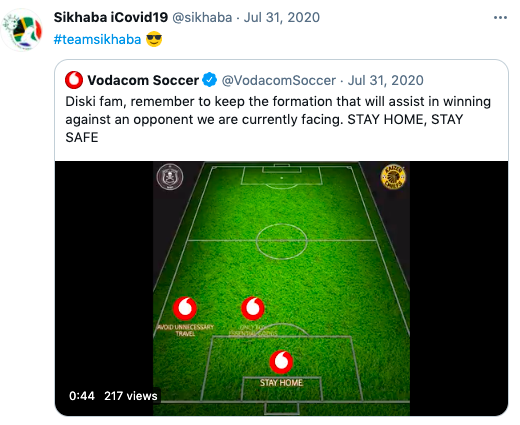
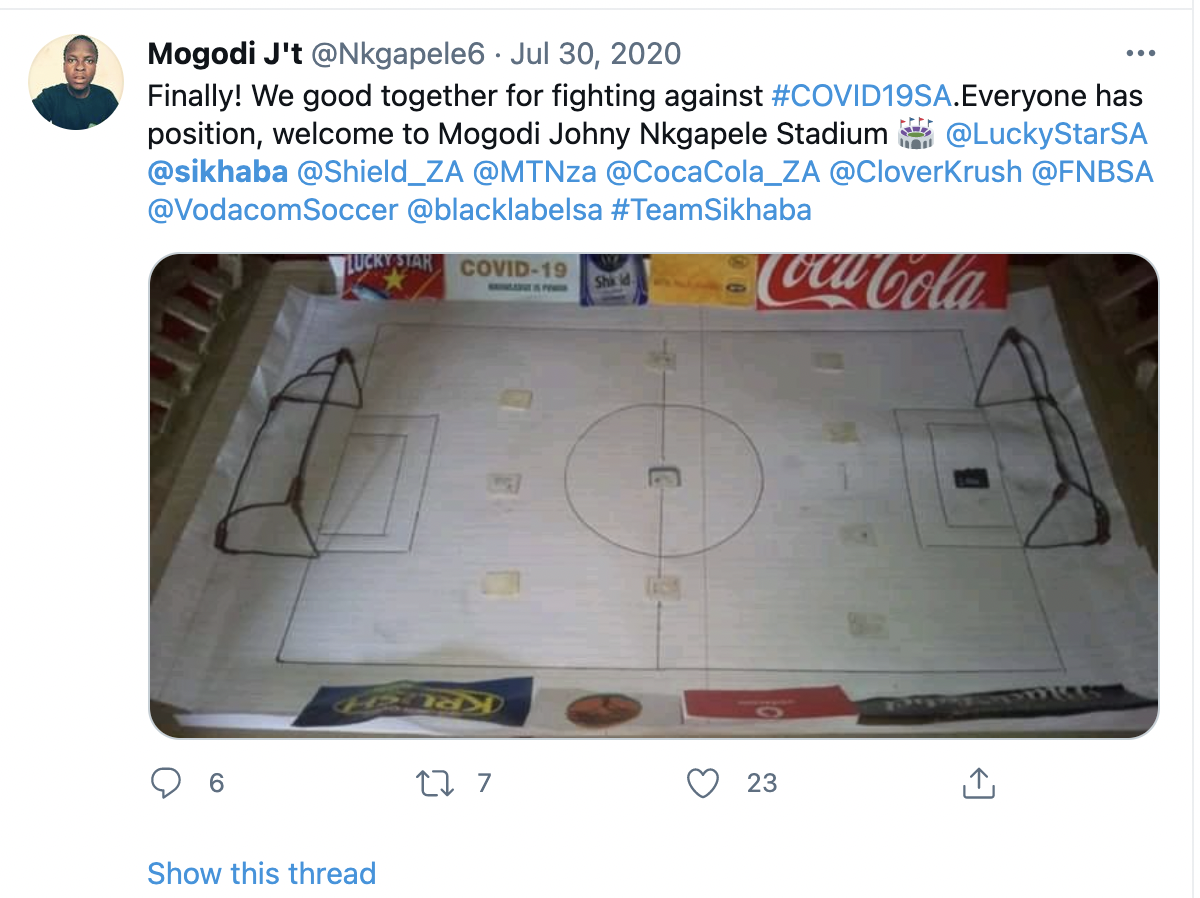
Through channeling people's passion for soccer and tapping into existing conversations, Sikhaba i-Covid19 and Treeshake were able to bring people together.
Over the course of the 3 days, 15.4 million people were reached on Twitter, 740,000 people on Facebook, with more than 45,000 people having interacted with the content across all platforms and 3,000 people having joined us in creating original posts in support of the campaign.
A major highlight was trending on Twitter nationally. This was especially exciting as Sikhaba was a brand new account with less than 10 followers at the start of the campaign.
The community spirit of the #TeamSikhaba was phenomenal. In just 3 days, thousands of people rallied together to fight COVID-19 in solidarity with one another. With the rapid growth of this community and the key voices that pulled through, we helped people feel less alone and scared. Widows, celebrities with COVID-19 and frontline workers reminded people that we are all in this together — the virus does not discriminate and neither should we. Battling an overall sense of fatigue around COVID-19 communications, the community came out stronger - inspired, hopeful and with renewed energy.
The #WorldWaterRun 2021: Rallying a Global Community Together for Water
This is how we got thousands of people from 132 countries to rally together for the sake of water. And while doing so, ran the circumference of the world eight times.
Working with long-time client, Mina Guli, we were tasked with sharing the idea that when done collectively, incremental steps matter. #WorldWaterRun aimed to rally runners across the world in the name of water, with the ultimate goal of running the circumference of the world. We did that. Eight times over. How? We learned when you foster communities, they show up for you. More below.
Water. We can’t live without it, yet we treat it as if it’s an infinite resource.
When we fill our cups with clean drinking water that flows freely from our faucets, how often do we consider those who have to commute for hours just to get that first sip? We seldom think of the policies, infrastructure and freshwater systems that make that one drop possible.
Next time you take a sip of water from your filled-to-the-brim glass, or take a warm shower after a long day, take a moment to think of those that don’t have that luxury.
It was from this awareness of water scarcity that #WorldWaterRun was born.
Thousands of people - runners, walkers, joggers, and hikers - completed the distance of the world’s circumference eight times. That’s 335,657 KM for one common cause. This feat was made possible through months of careful and sincere community management, as well as content creation that added true value to Mina’s audience. With a strong foundation, we mobilised a mammoth community to take part in World Water Run and make it their own.
Our Global Community of Water Warriors
Individuals
Fostering an inclusive community means celebrating people’s individual merits, whilst also allowing them to feel part of something bigger than themselves. Let’s take a closer look at our water warriors:
There were representatives from a whopping 132 countries, ranging from South Sudan to the Vatican City.
We had runners and walkers as young as four and as old as eighty.
There were participants who did 5km over seven days, and those who did 100km.
A number of runners took part in World Water Run despite injury, disability, or illness. Billie Milholland from Canada crept into our team’s heart when she posted about her daily walks, bringing new meaning to the phrase, ‘slow and steady wins the race.’ Billie reached her target of 500m, then 1.5 km, and eventually 6km on World Water Day. And she did it with the best accessory - her trusted walker!
Everyone’s efforts were applauded with aplomb through round-the-clock community management, ready with praise, encouragement, and any questions people may have had about the event.
Three people were assigned to the (rapidly growing) community of 283,238 individuals, overseen by two campaign managers. Along with an in-house tech wizard and a custom-built onboarding Facebook bot, our team was there to ensure the community felt seen, and that joining World Water Run was as easy as possible.
Partners
Over the past year, we’ve been doing micro-community management with brands and accounts who matter, like UN-Water and WWF. These conversations have resulted in collaborations, invaluable support and partnerships.
We are especially grateful to our partners, Aqua for All, YPO and The Valuing Water Initiative, for collaborating with the Thirst Foundation on this campaign.
Our volunteers
For this campaign, we elected 18 Country Captains from across the world. For countries with a larger sign-up total, like the Philippines, South Africa, and India, we selected two Country Captains.
The following Countries were represented in our Country Captains group:
Seychelles | India | Tanzania | Philippines | South Africa | Uganda | Cameroon | Kenya | Zambia | United Arab Emirates | Namibia | Indonesia
We also had a Country Captain group on Facebook, where we gave the Country Captains priority access to information and exclusive videos from Mina. They also all received a thank you gift following the campaign.
One of our Country Captains, Anita Arendsen from South Africa
Smashing limits
Collectively, we reached and exceeded every goal for the campaign. We had a distance target of 40,075 km, but finished with 335,657 km. We aimed for 50 million impressions, but ended up garnering 294 million. We also grew our newsletter audience to 11,780, which was an increase of 8,514 sign-ups. Overall, we reached a global community of around 283,238 dedicated water warriors!
This is the power of long-term engagement and community building. The success of #WorldWaterRun shows what’s possible when you meaningfully engage with your audience. It speaks volumes for the evocative goal of raising awareness around water scarcity, and how the marriage of message and community can, quite literally, go around the world.
To stay up to date with future campaigns, keep an eye on Mina Guli’s website and social media platforms.
Website | www.minaguli.com
Facebook | https://www.facebook.com/MinaGuliWater
Twitter | https://twitter.com/minaguli/
Instagram | https://www.instagram.com/minaguli/
How Softie’s Supporters Powered Breakthrough Cinema Attendance Amidst a Pandemic
Documentaries aren’t typically known to pack out cinemas. And yet, in the midst of a pandemic, Softie became perhaps the most watched Kenyan film ever.
Documentaries aren’t typically known to pack out cinemas. And yet, in the midst of a pandemic, @SoftieTheFilm became perhaps the most watched Kenyan film ever.
In 2020, we helped launch Softie, a Kenyan political documentary that shook our team to its core. We watched, we grimaced, we laughed, we cried, we were inspired. We knew the world had to watch #SoftieTheFilm.
It all began in January 2020 during Softie’s world premiere at Sundance Film Festival. In just a few weeks, we’d reached millions of people, gained thousands of followers and felt immense pride when Softie won the prestigious Special Jury Award for Editing - a first for East Africa!
8 months later and we were thrilled to come on board for Softie’s Kenyan cinematic debut in October 2020. We couldn’t wait to share this vital piece of work to the world.
There was just one hitch. COVID-19.
Softie Comes Home
`Softie’s in-house team had been posting about Softie for months, and a small group of documentary lovers and politically engaged supporters were amped and asking when it was coming to Kenya, having heard about its international acclaim.
At last, in mid-September 2020, it was time to launch Softie’s trailer. We seeded it to dozens of influential voices in the Kenyan social media ecosystem, and to our super-fan WhatsApp group. And it took off! The trailer organically garnered over 42.5K views on Twitter alone. With a base of around 2000 followers at the time, this was impressive, to say the least.
The people of Kenya were ready for #SoftieTheFilm. Finally, a film that spoke truth to power and so pertinently depicted their country’s political breakdown.
Massive Response
Authentic community management has always been a core facet of our methodology. Ensuring each comment is acknowledged thoughtfully and building a true sense of community has been vital to the success of previous campaigns.
We know this approach drives up engagement, but nothing could prepare us for the tidal wave of engagement that Softie’s cinema launch amassed. We soon realised that responding to this amount of people was far too much for one person. We brought on three more team members to manage the floods of online support and divided the week into shifts that lasted until 9pm. This helped us achieve a near unbeatable response time.
The work was well worth it. Engagement built momentum and fuelled a media frenzy.
Breaking Records in Cinema Attendance
Lockdown was in full force across Kenya when the one week cinema run was scheduled. This meant cinemas had to operate with fewer staff and host smaller audiences. Our job was clear: we needed to assure audiences that their safety would be top priority during screenings, but also encourage people to attend.
We enlisted local Kenyan fashion designer, David Avido to create custom Ankara Softie masks for the cast and crew to wear to the events. Stylish? Check. Literally in Vogue? Also check.
We also saw the power of championing our physical audience in the online space - making them feel seen, appreciated and part of the Softie community.
We asked people to share their cinema photos, posing with a fist raised in front of the epochal Softie poster. We responded to every one of them and posted many to Softie’s channels. Our South African team also learnt basic Swahili in order to respond to Kenyan comments with understanding, care, and delight.
Watching Softie became a badge of honour; the responsible thing to do for those who cared about their country and more widely, their world. Softie became a symbol of rebellion, of hope. You wanted to be on the same side as its story.
A pay-it-forward dynamic emerged where supporters started contacting us to buy tickets for other people who couldn’t otherwise afford to see the film.
The film spread like wildfire, with each week bringing news that the cinema run had once again been extended. After one week was extended to well past five, Softie became one of the most watched Kenyan films in the country’s history.
The element of play
The film’s subject matter is often serious. And its key themes often relate to the harsh reality of operating in an increasingly daunting world. We soon realised the need to avoid over-seriousness and maintain an element of play throughout the campaign.
Our commitment to play also came through in small, meaningful gestures. We launched custom Whatsapp stickers for the team and people on our insider’s group (a list of strong Softie supporters gathered since Sundance) to use.
We produced reaction gifs from the film and uploaded them to Giphy to use in community management, whilst also finding a greater audience for Softie via people searching directly on Giphy (download all the Softie gifs from GIPHY here).
We also wanted the community to get to know the incredible crew behind Softie. We introduced them each on social media, shared baby photos, celebrated birthdays and award nominations and did a few old-school throwbacks.
An audience favourite was Khadihja Mohamed, Boniface’s campaign manager. To give the community an opportunity to engage with her directly, we hosted a live Q&A session with Khadija and Softie’s Director, Sam Soko. The creative team ensured sleek production of the broadcast to Facebook and Twitter, with Khadija giving practical tips on how to protest and mobilise around various issues.
11 million people reached
From September 2020 onwards, we saw the Softie community grow from around 3000 followers across all channels to over 15,000. We reached over 11 million people (around the world, not just in Kenya) with over 47,000 engagements on social media alone. We garnered high-level shoutouts, gained international acclaim, and helped to frame the film and its eponymous hero, Boniface, within crucial discussions surrounding democracy and justice.
If you haven’t yet seen the film, it’s still available for streaming on multiple platforms across the world. It has scored 92% on Rotten Tomatoes, 73% on Metacritic, and 8.1 on IMBD. Softie won the World Cinema Documentary Special Jury Award for Editing at the Sundance Awards (2020), the award for Best Documentary at Durban International Film Festival (2020), Best Film at the Encounters South African International Documentary Festival (2020), the Cinema Eye Awards Distinctive Honour Award of ‘The Unforgettables’ (2021), Silver Star for Best Feature Documentary at El Gouna Film Festiva (2021), International Documentary Association (IDA) nominee for Best Feature (2020), PGA nominee for Outstanding Producer of Documentary Theatrical Motion Pictures (2021), and the Academy Awards Longlist (2021).






